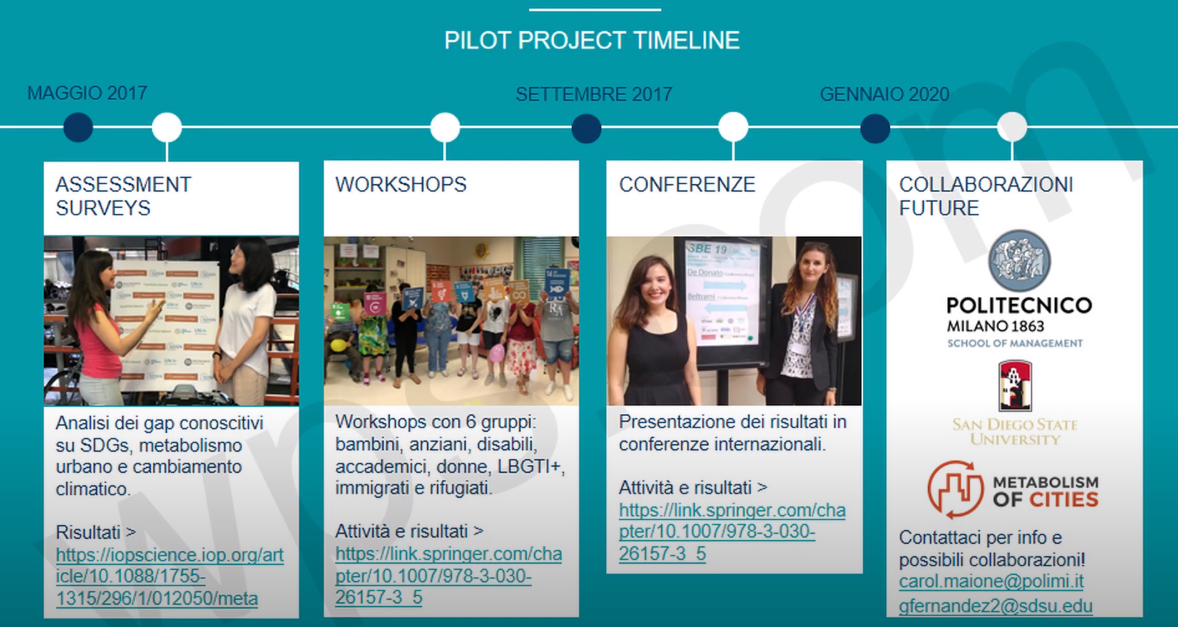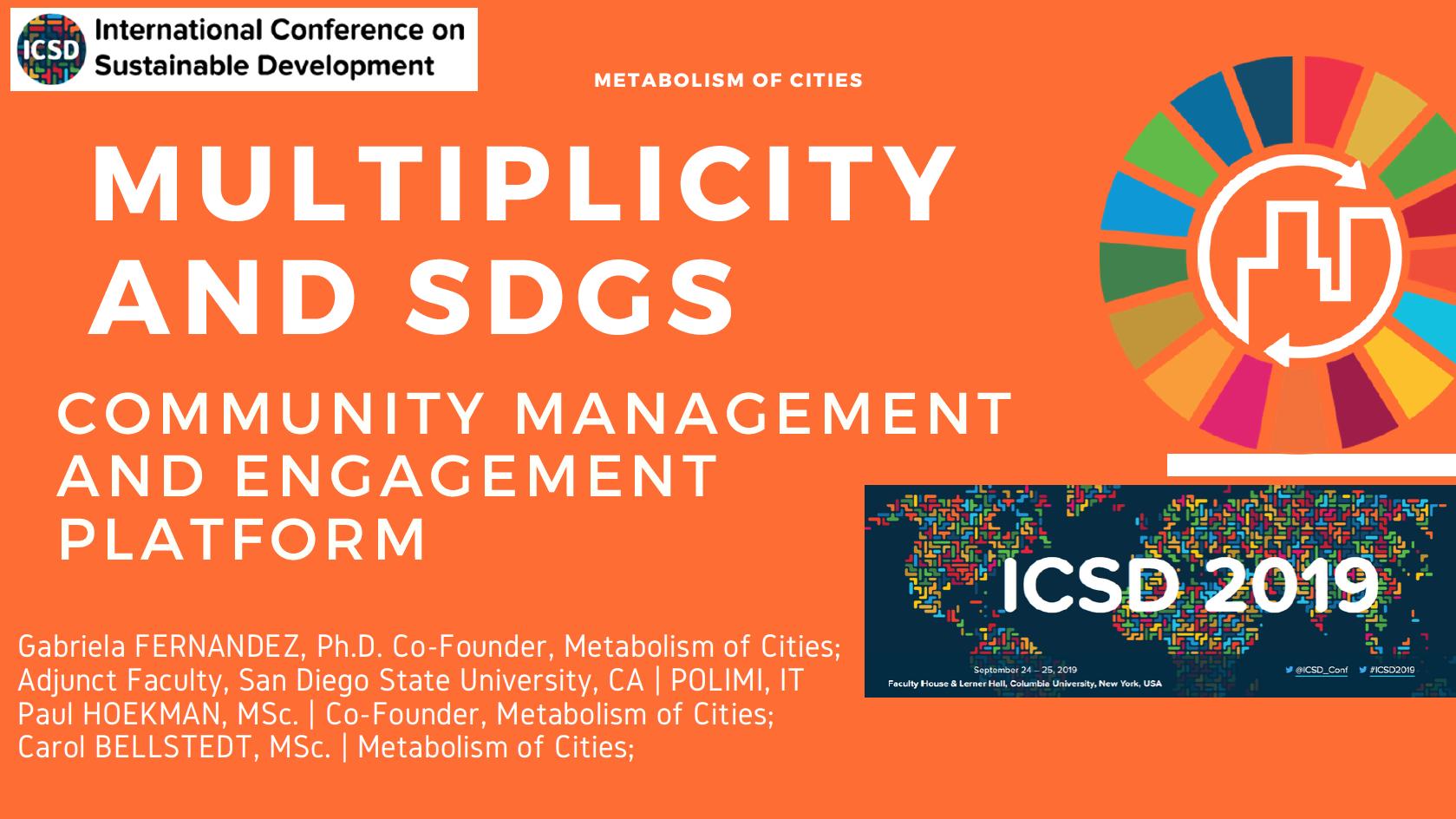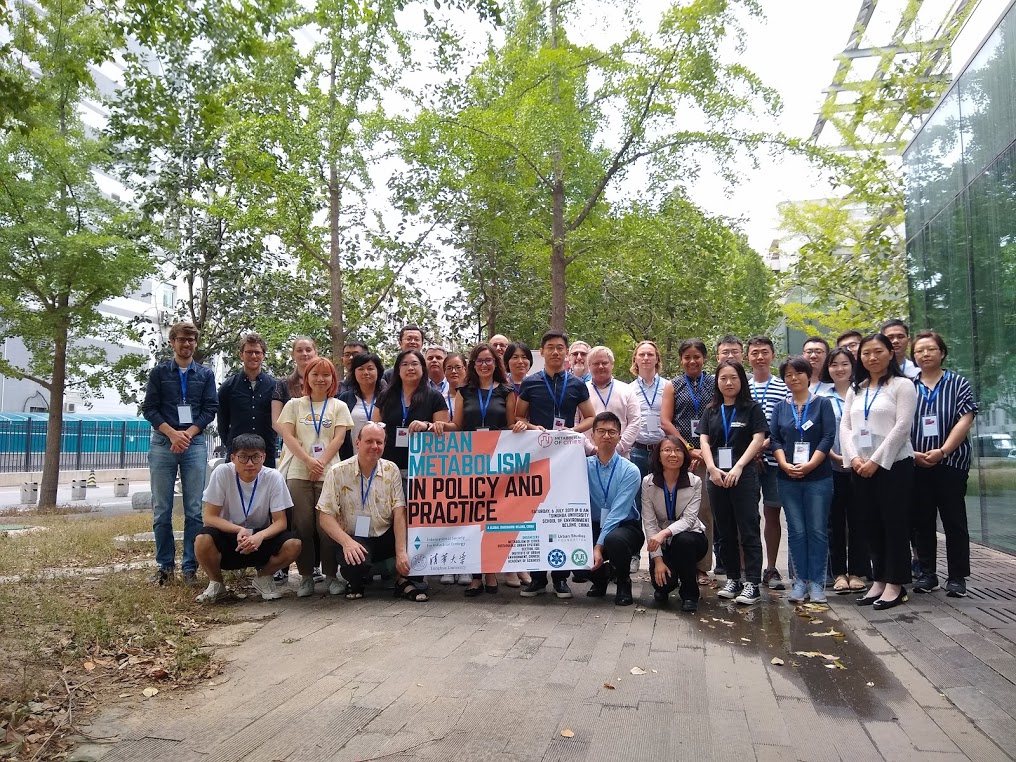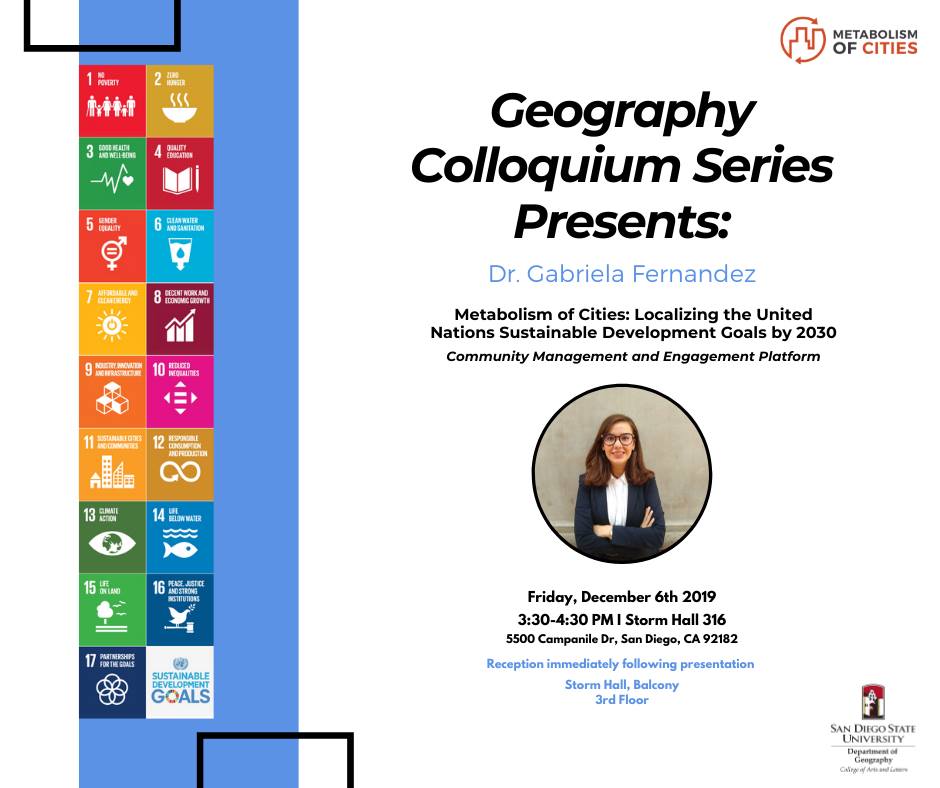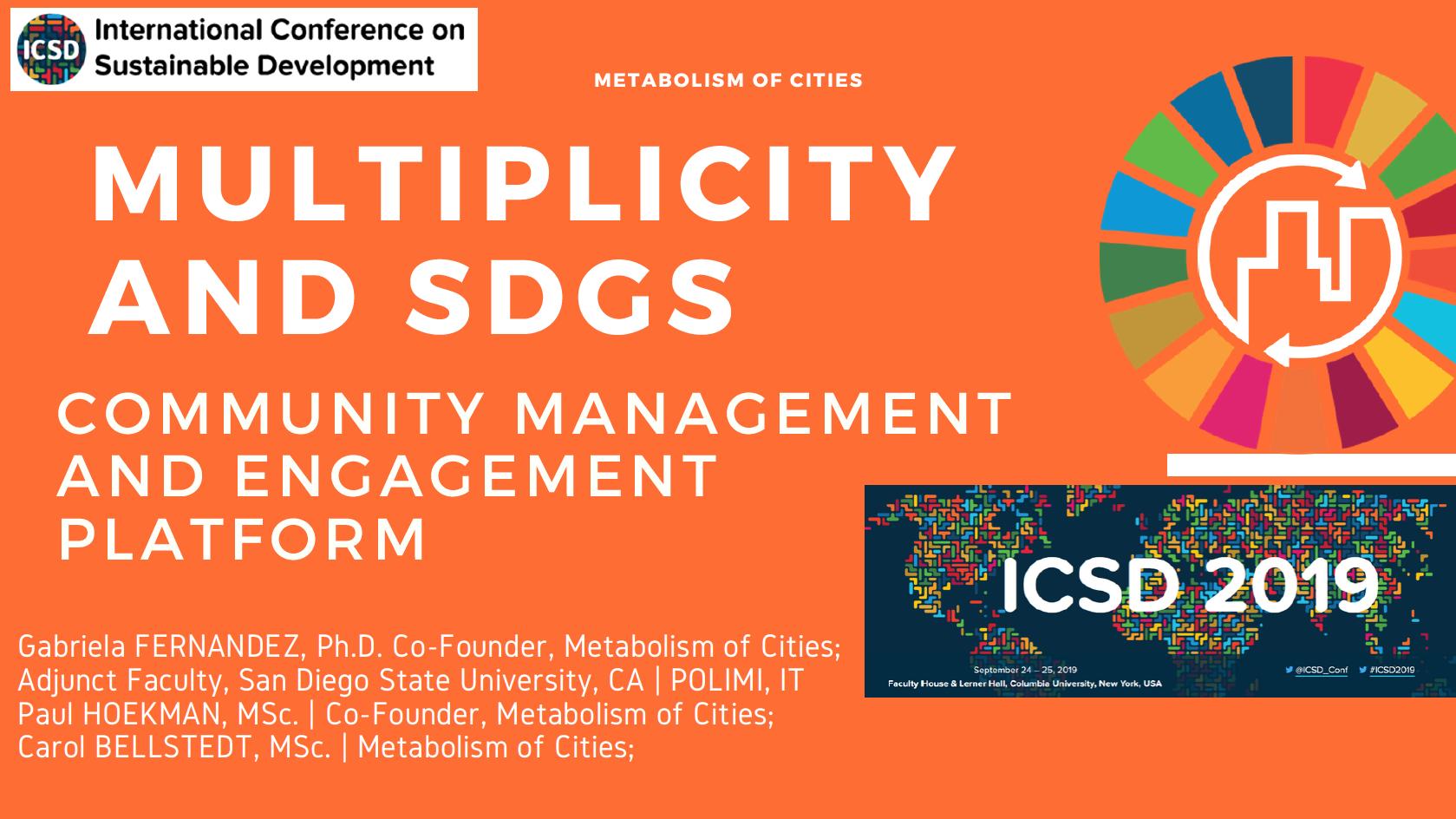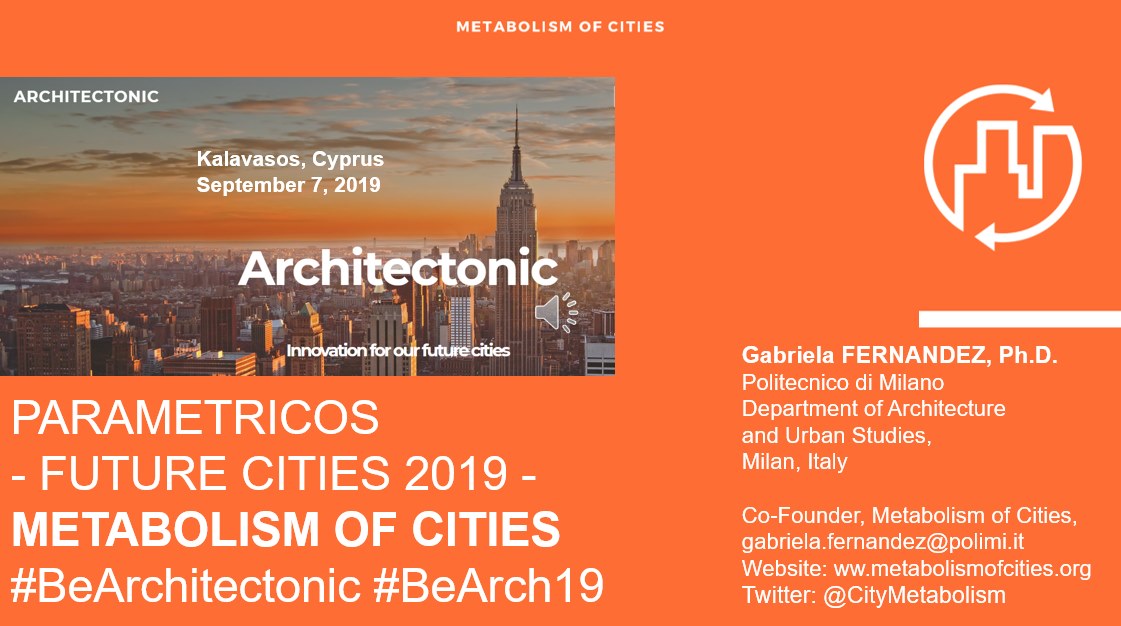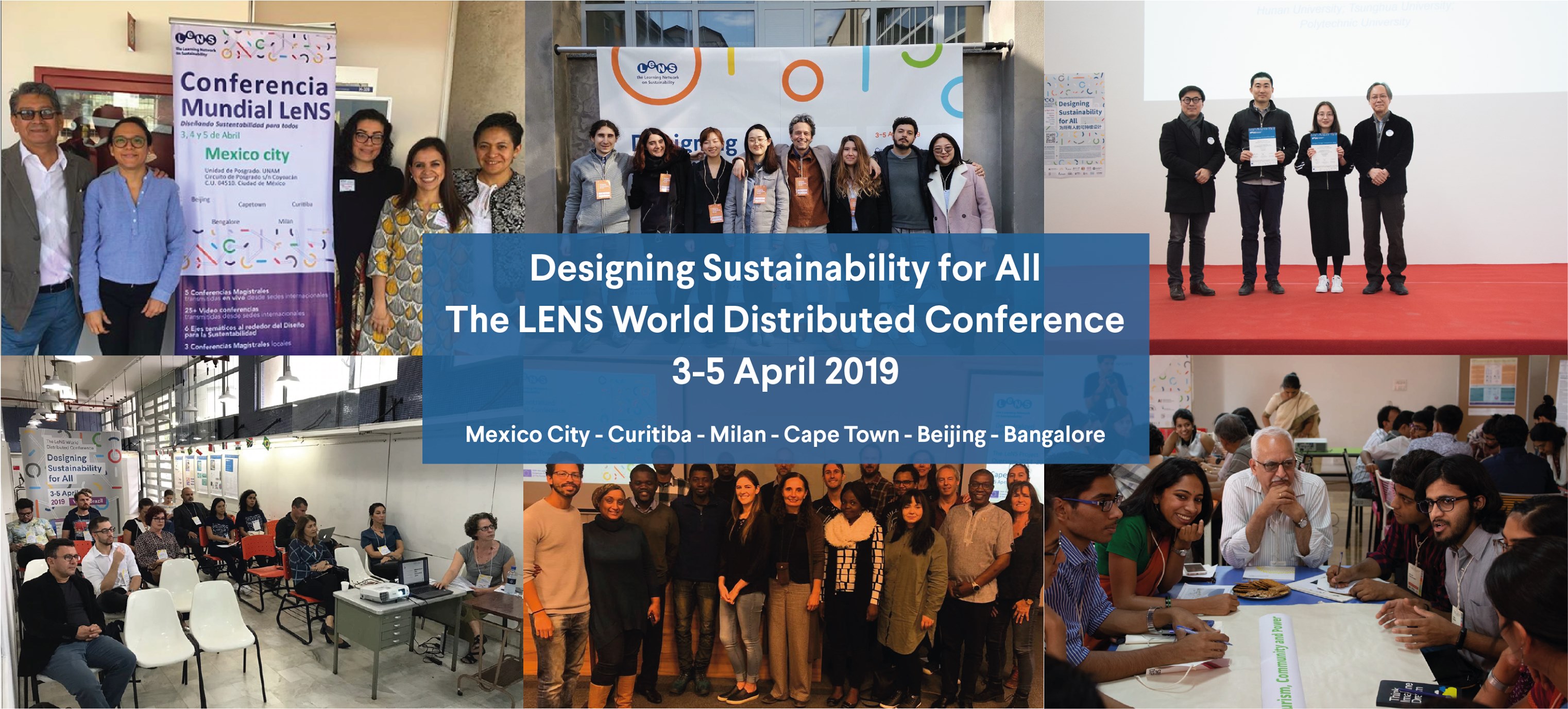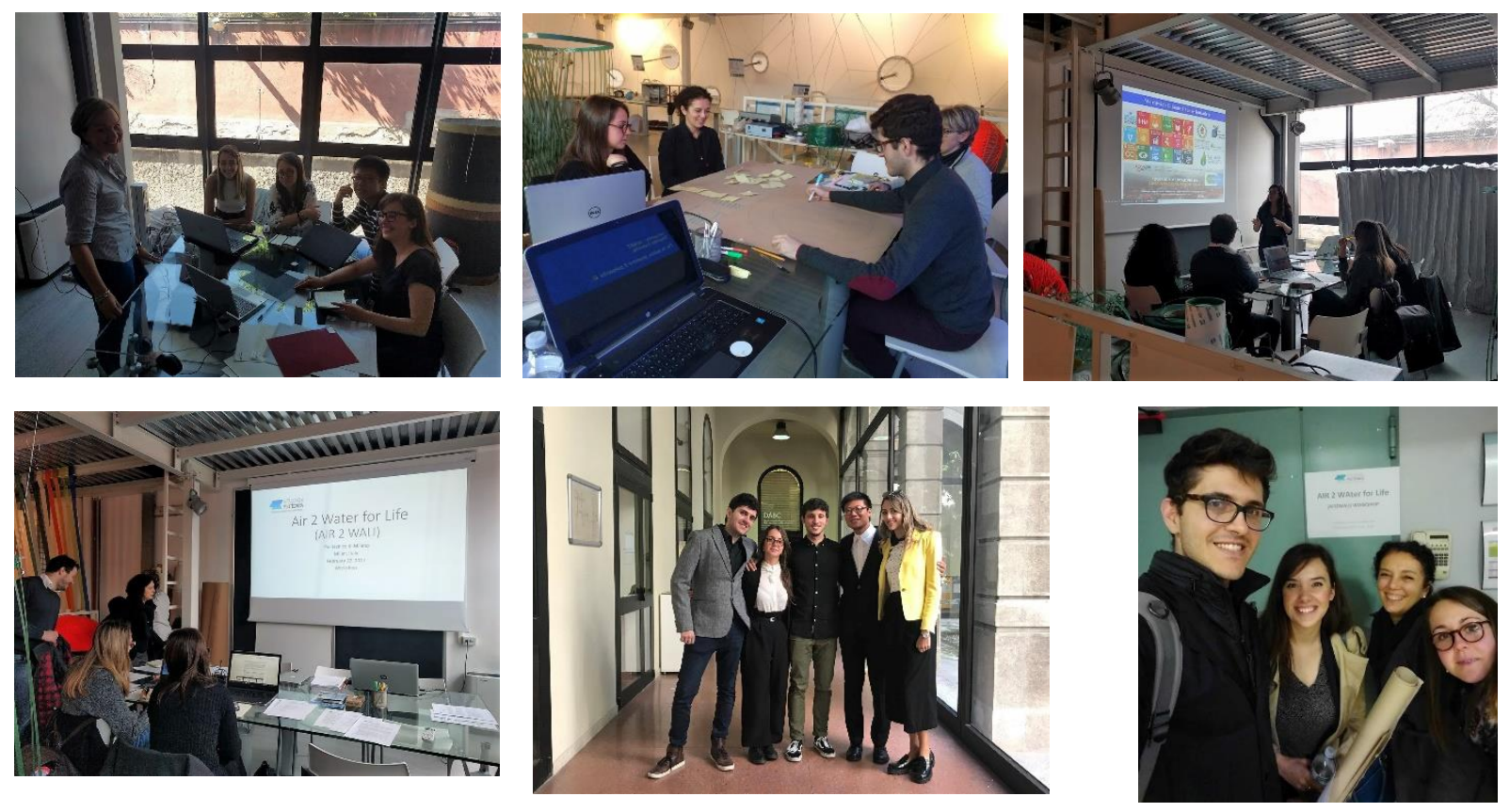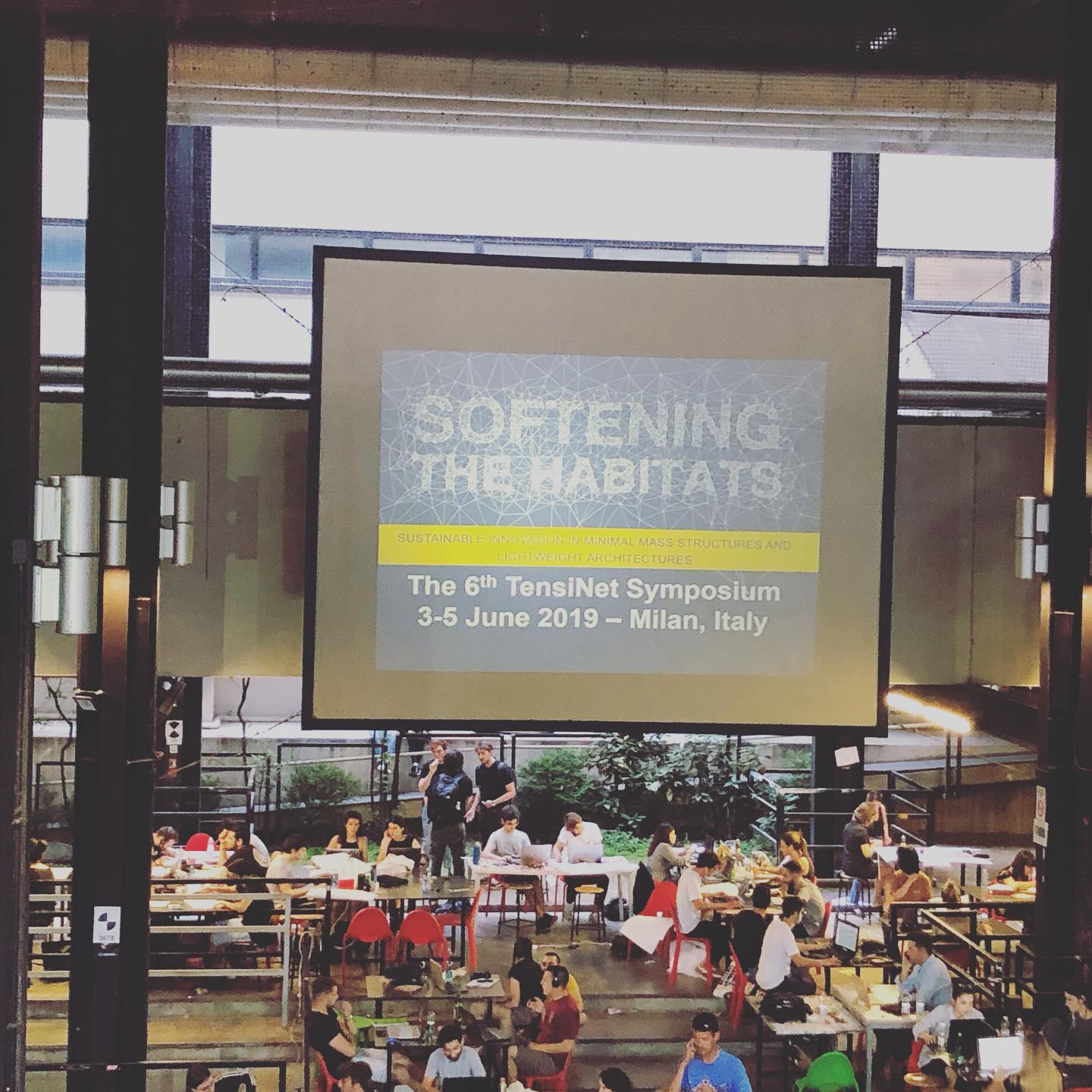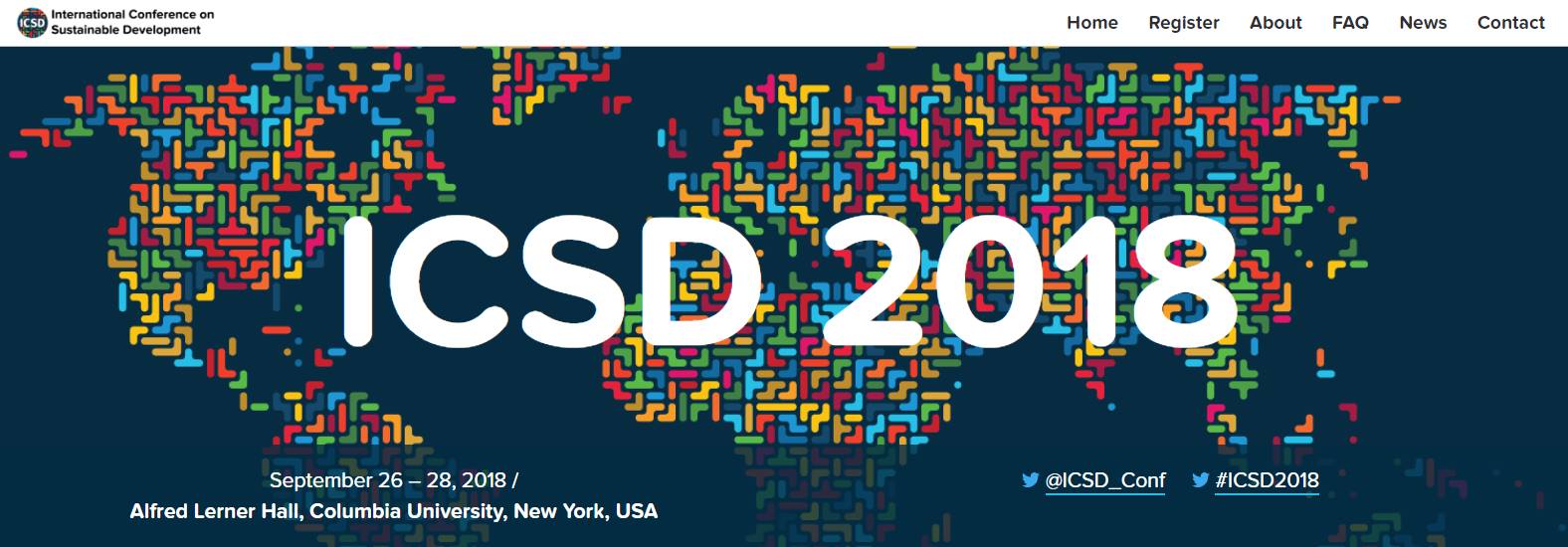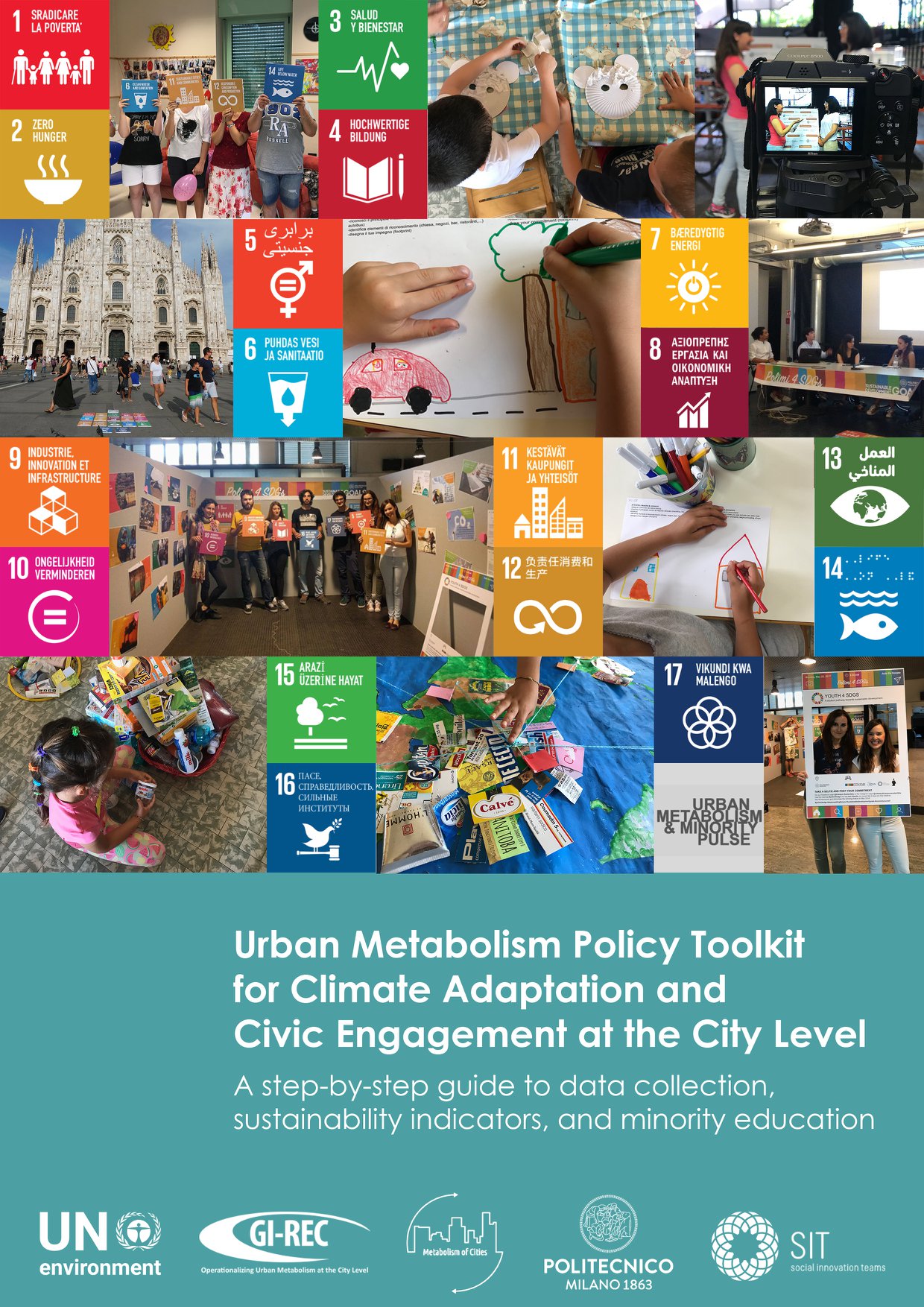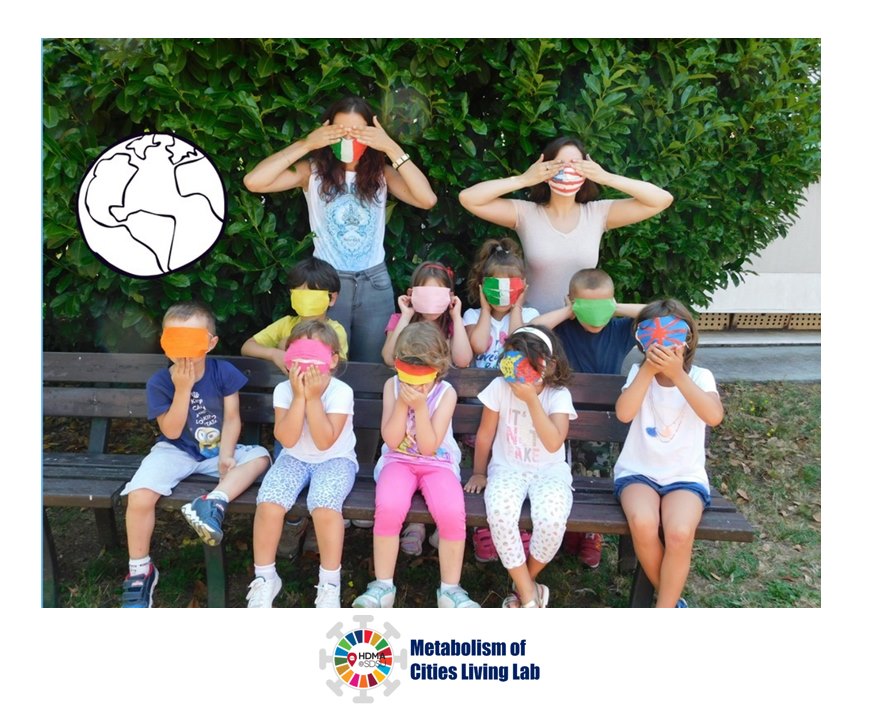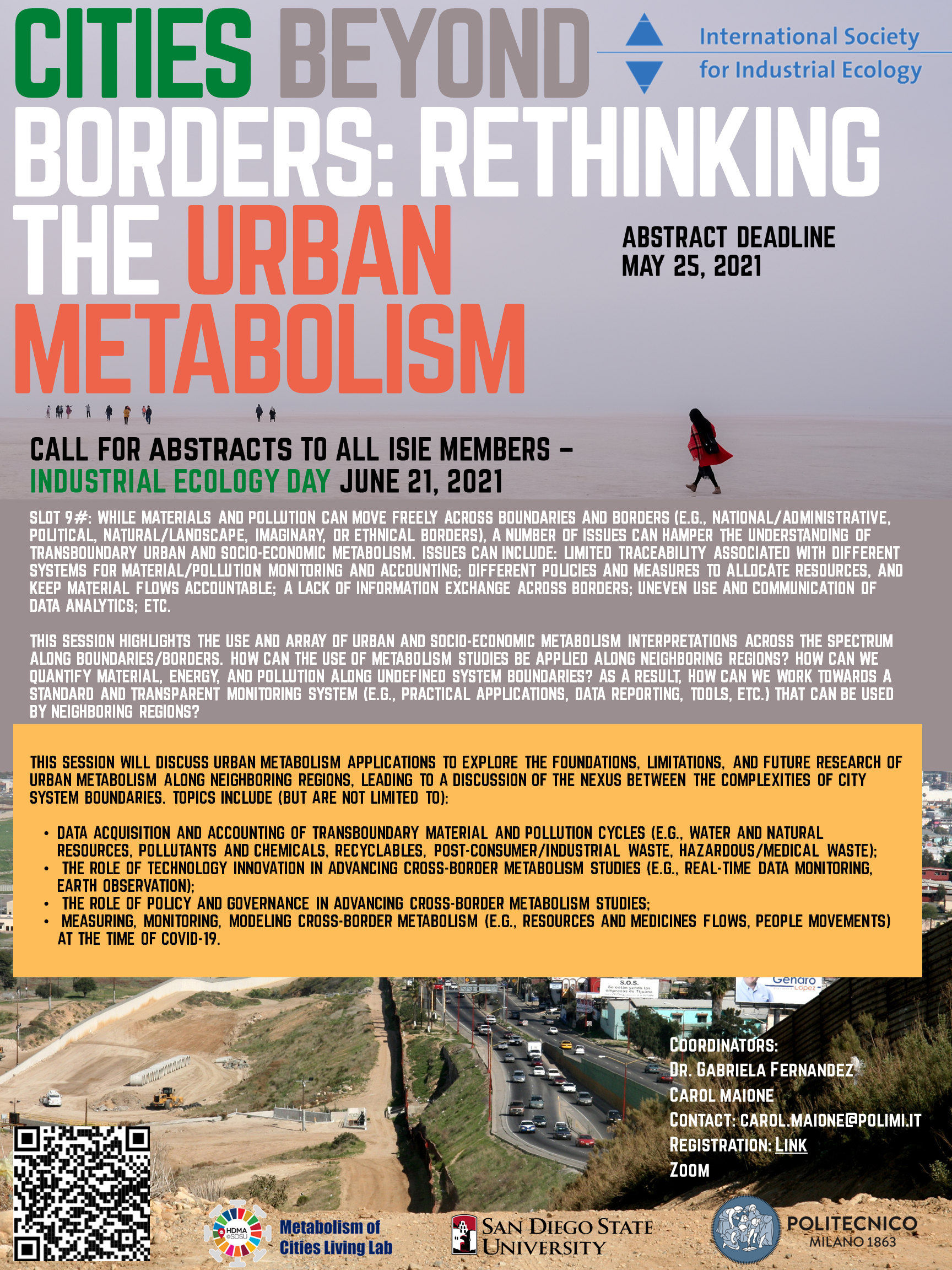UN Climate change pre-cop 26 #All4climate Italy: Youth4climate
Date Time: 9/30/2021
City: Milan, Italy
The Metabolism of Cities Living Lab and the United Nations Environmental Program – Major Group for Children and Youth – Microplastics and Marine Litter Working Group organized ahead of COP26 a youth summit event of interactive meetings addressed to young people around the world. Through a partnership with Hubzine Italia, Citta Studi Campus Sostenibile, Politecnico di Milano, and #All 4 Climate Italy.
Type: Seminar
Read more
Youth delegates came together to develop a physical and virtual conference called “Young People Fight Against Plastic Pollution” on September 30, 2021, in Milan, Italy as part of the PreCOP 26 Italy initiative where students, young professionals, NGOs, and advocates presented innovative solutions to contribute to the United Nations Sustainable Development Goals on the topics of water consumption and plastic pollution. Youth delegates sat down with representatives from government, the private sector, international institutions, the media, and academia to discuss their vision for next steps in a special All4Climate event. The Pre-COP 26 Summit took place ahead of the 26th session of ‘The Conference of the Parties (COP 26)’ to the United Nations Framework Convention on Climate Change, on November 1-12, 2021. The event was part of a larger initiative by the Italian Ministry of Environment, in collaboration with Connect4Climate-World Bank, World Bank Group, and the Office of Secretary General’s Envoy on Youth.
SDG: 13, 14, 17, 15
Partners: Dr. Gabriela Fernandez (Metabolism of Cities Living Lab, USA), Carol Maione (Politecnico di Milano, Italy), Christan Buurstee (Politecnico di Milano, Italy), Dr. Domenico Vito (Metabolism of Cities Living Lab, USA), Alessandro Garlandini (Ilvespaio, Italy), Sebastiano Ercoli (Ilvespaio, Italy), Harmit Chima (Big Data Analytics and Metabolism of Cities Living Lab, USA), Dr. Mario Grosso (Politecnico di Milano, Italy), Dustin Harrison (Metabolism of Cities Living Lab, USA), Luciana Verastegui (Ocean's Voice Working Group, Mexico), Suzanne Astic (UNEP, Major Group for Children and Youth, Switzerland), Bathawar Asif (UNEP, Major Group for Children and Youth, USA), Ibrahim Inusa (UNEP, Major Group for Children and Youth, Nigeria), Christianne Zakour (UNEP, Major Group for Children and Youth, Belgium), Teresa Obenhauser (UNEP, Major Group for Children and Youth, Belgium), Ka’sha Bernard (Center for International Environmental Law, US), Luca Marsaglia (Casa Congo, Nicaragua) and Manuel Cortez (Casa Congo, Nicaragua), Carla Friedrich (Major Group for Children and Youth, Italy), Dr. Eugenio Morello (Politecnico di Milano, Italy), Federica Guerrini (Politecnico di Milano, Italy). Special thanks to UNLEASH, Race for Oceans (Denmark), European Union, and EIT ClimateKIC. Metabolism of Cities Living Lab, United Nations Environmental Program – Major Group for Children and Youth – Microplastics and Marine Litter Working Group, Hubzine Italia, Citta Studi Campus Sostenibile, Politecnico di Milano, and #All 4 Climate Italy.
Video

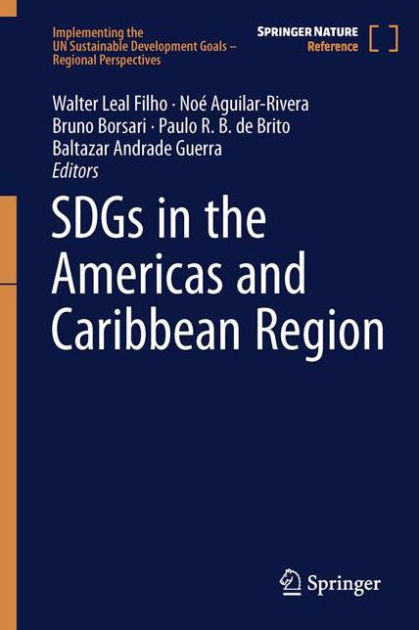




.png)
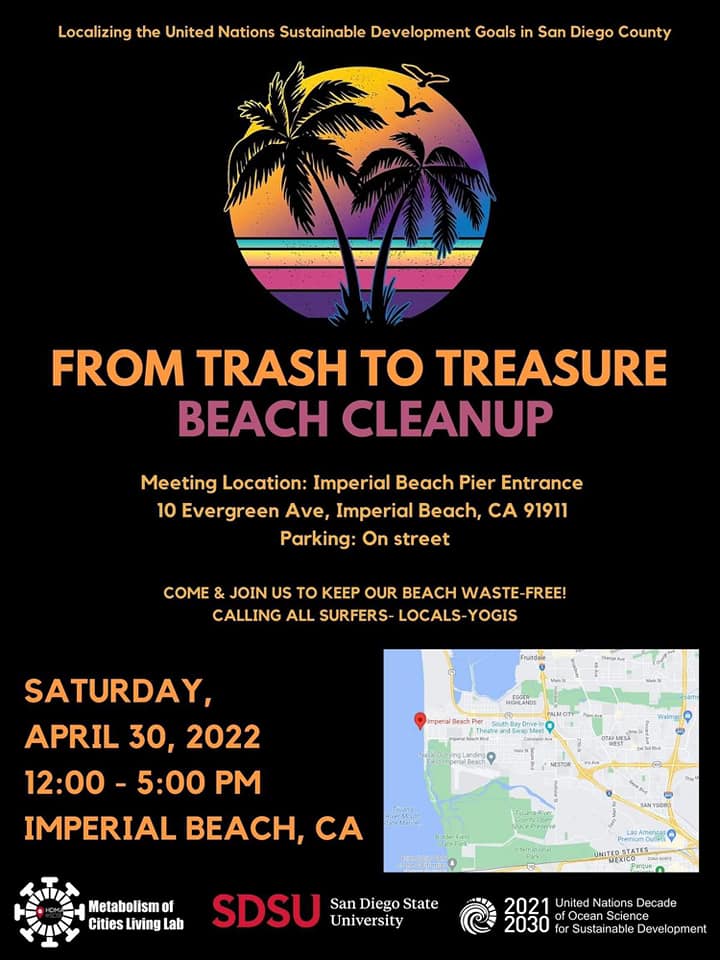
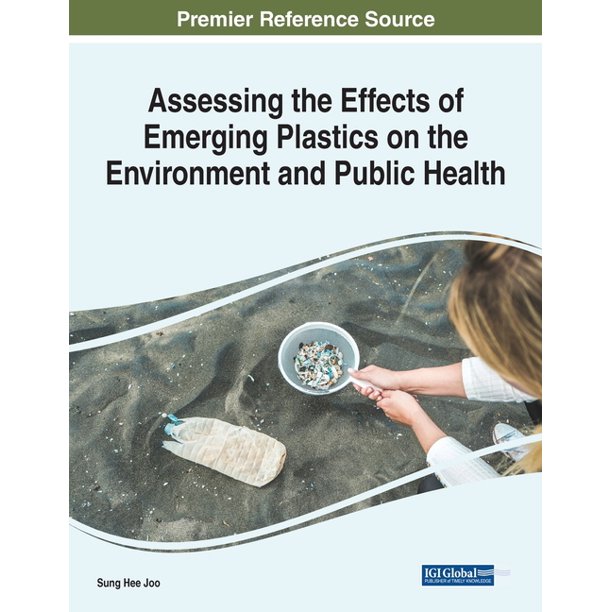

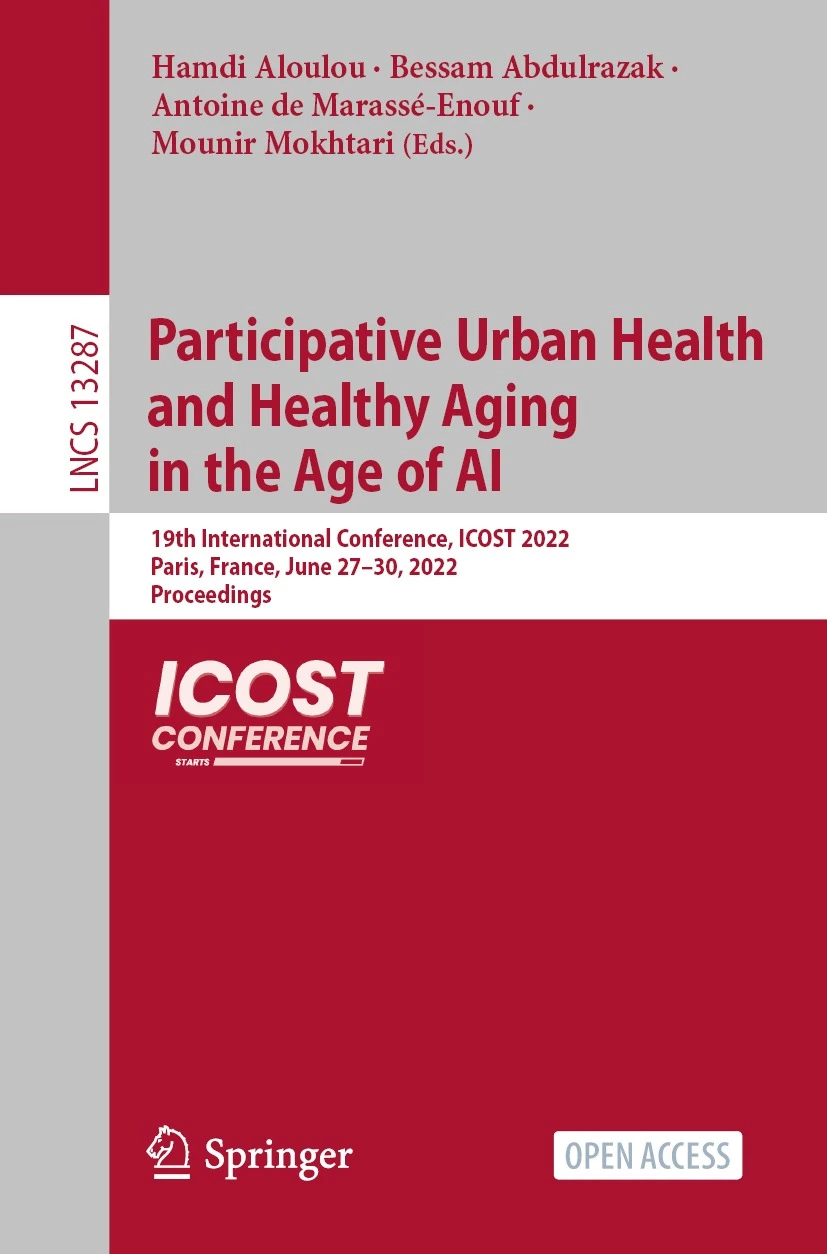
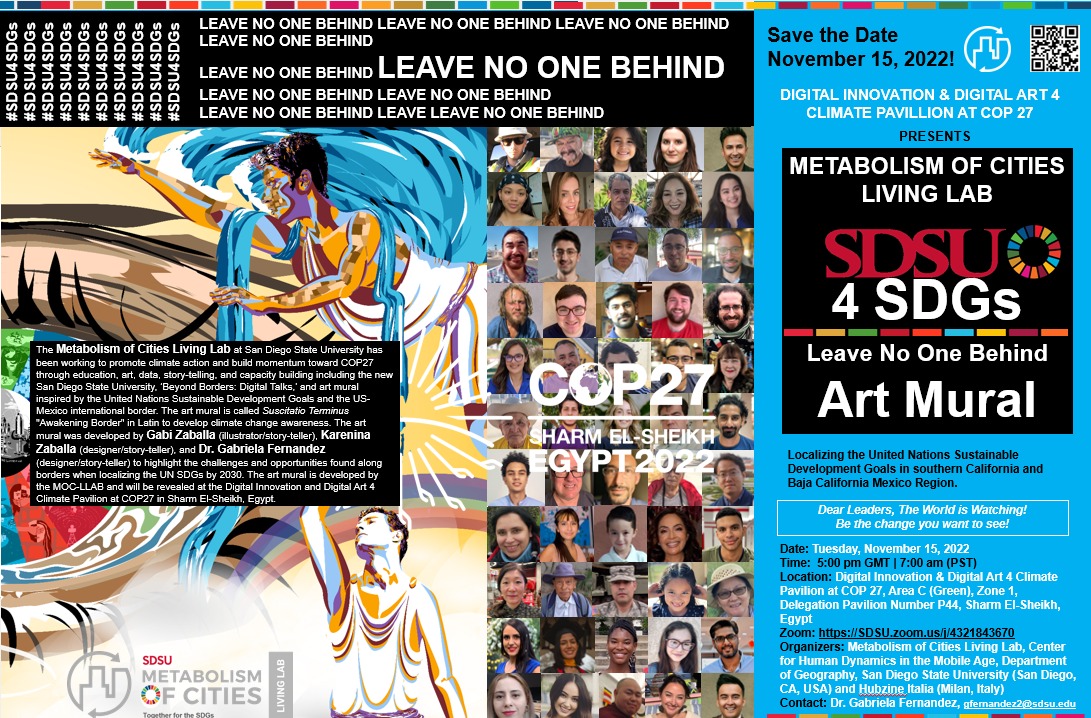
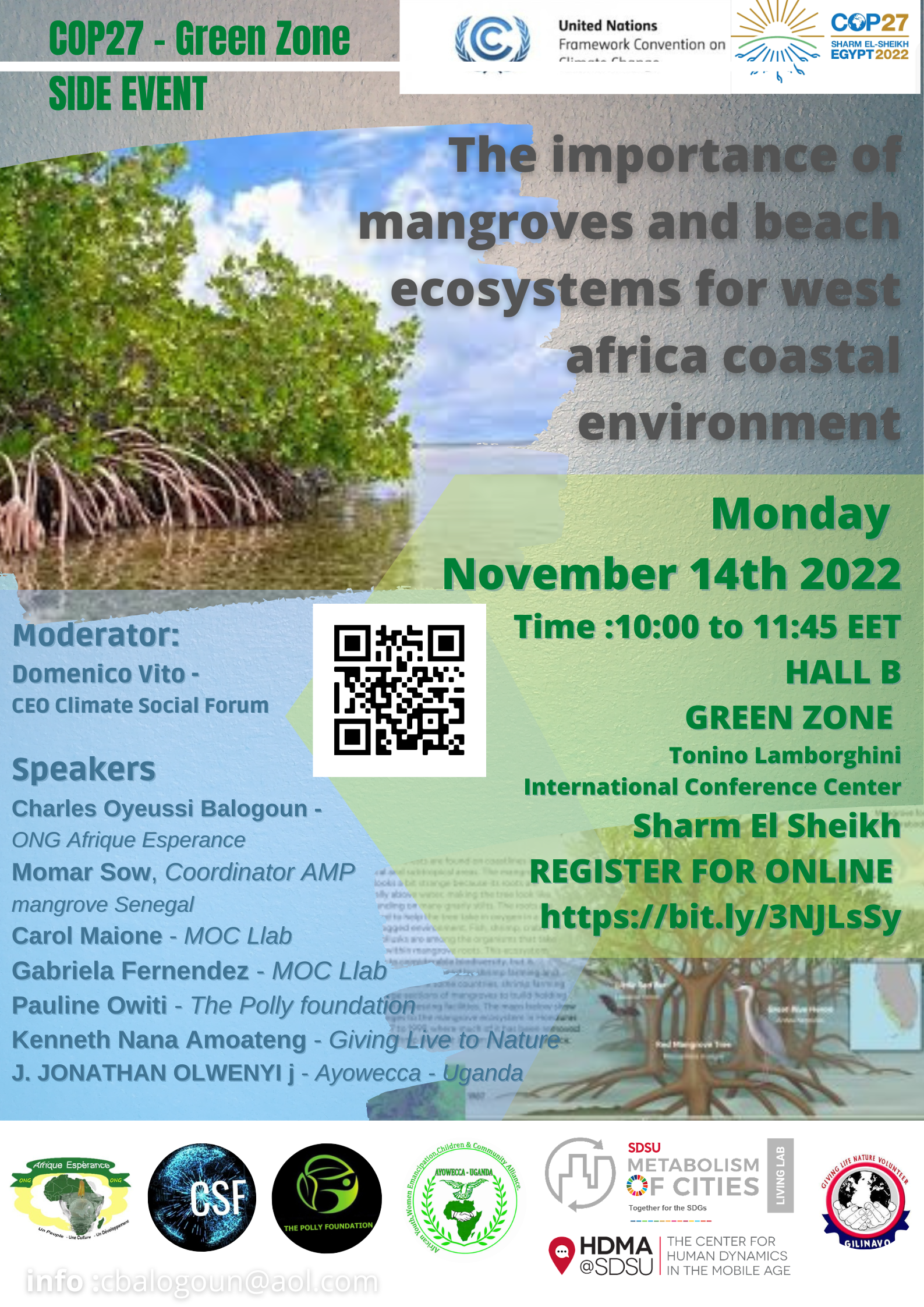
.jpg)
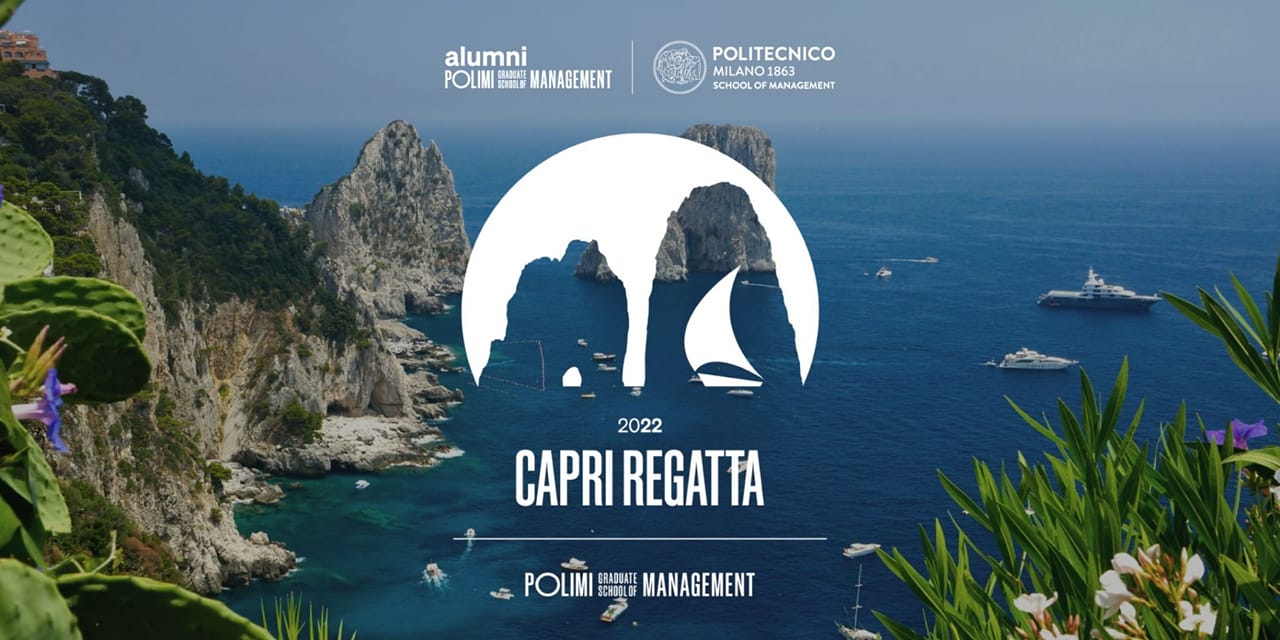
.jpeg)

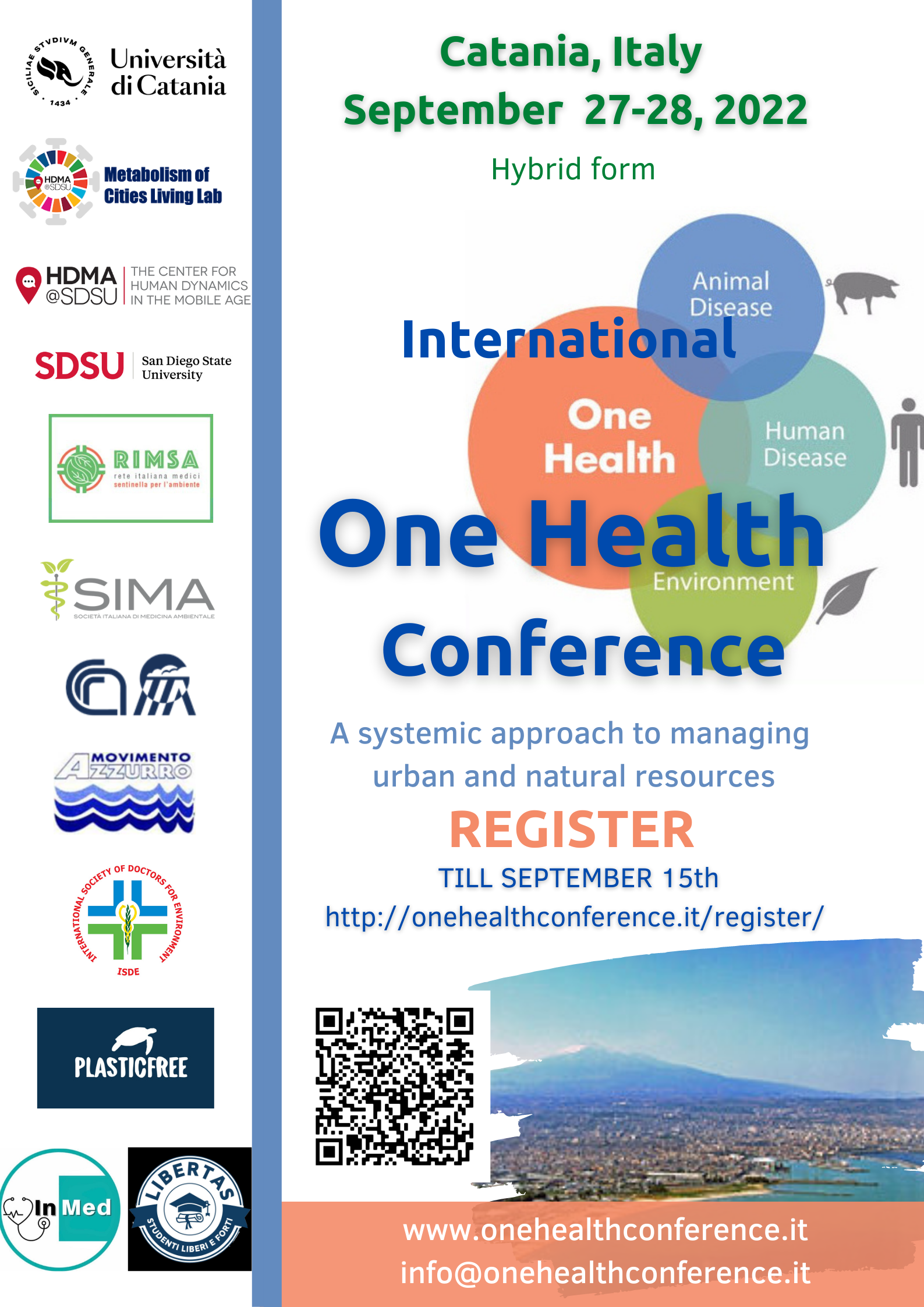
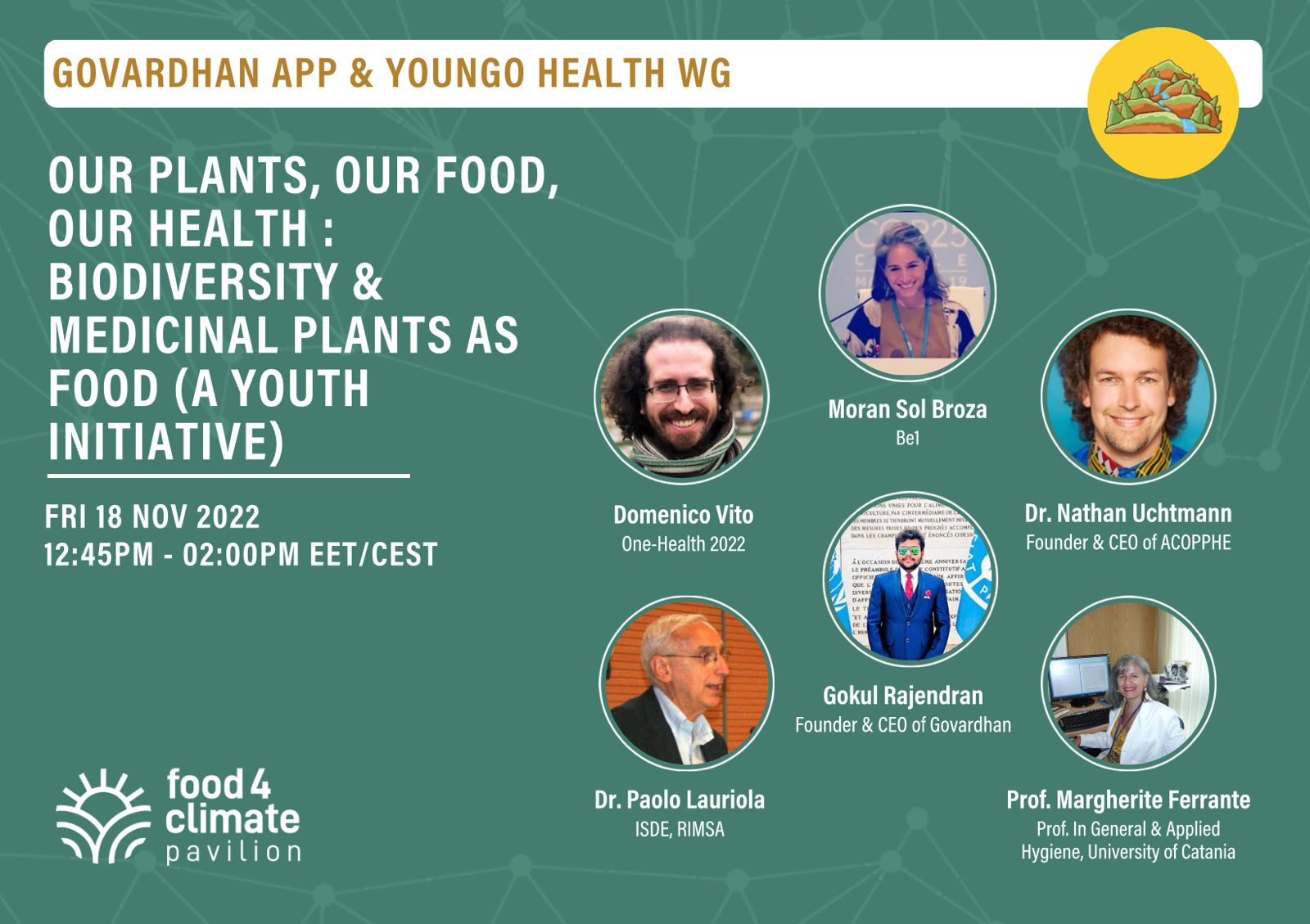


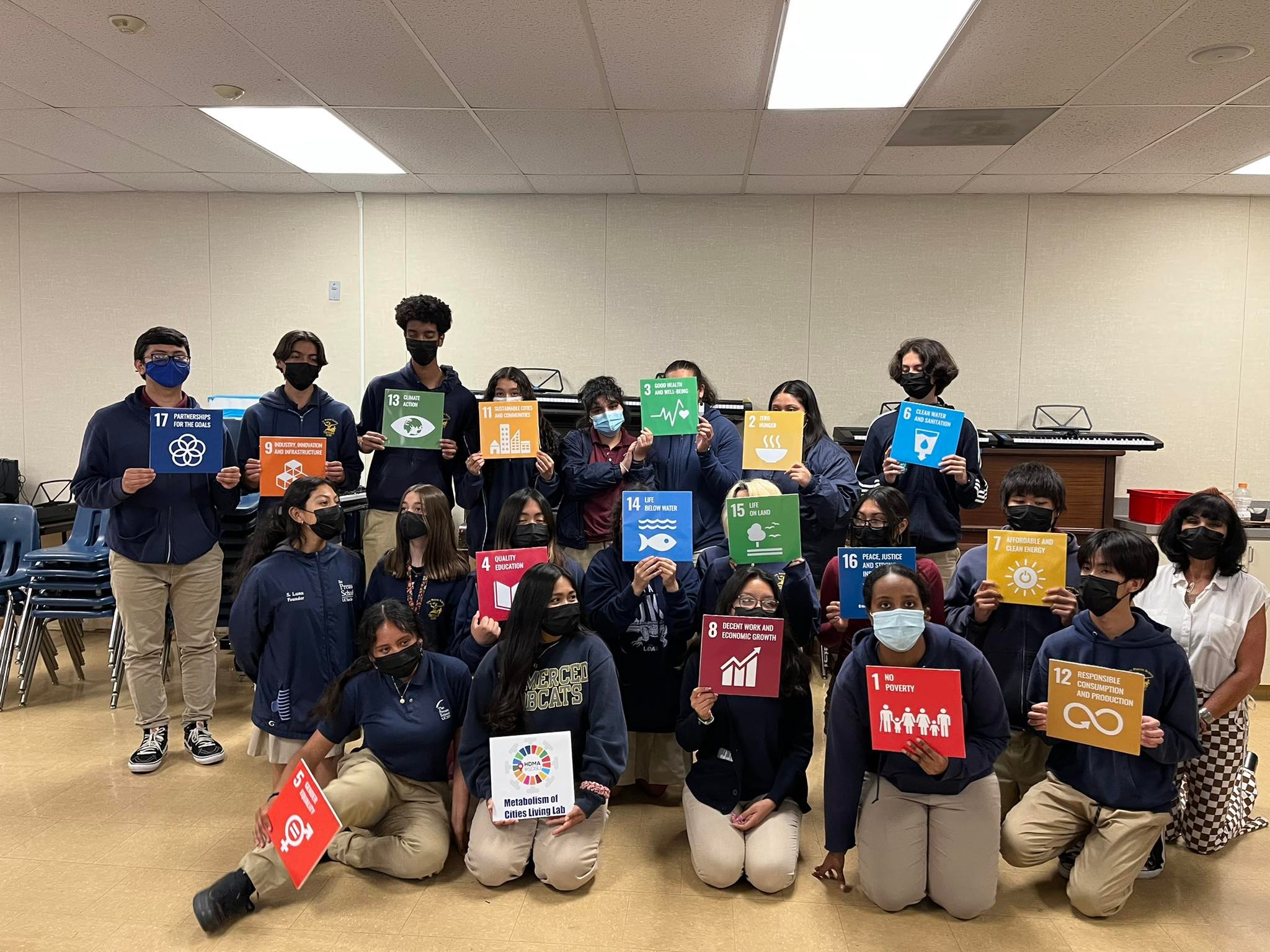
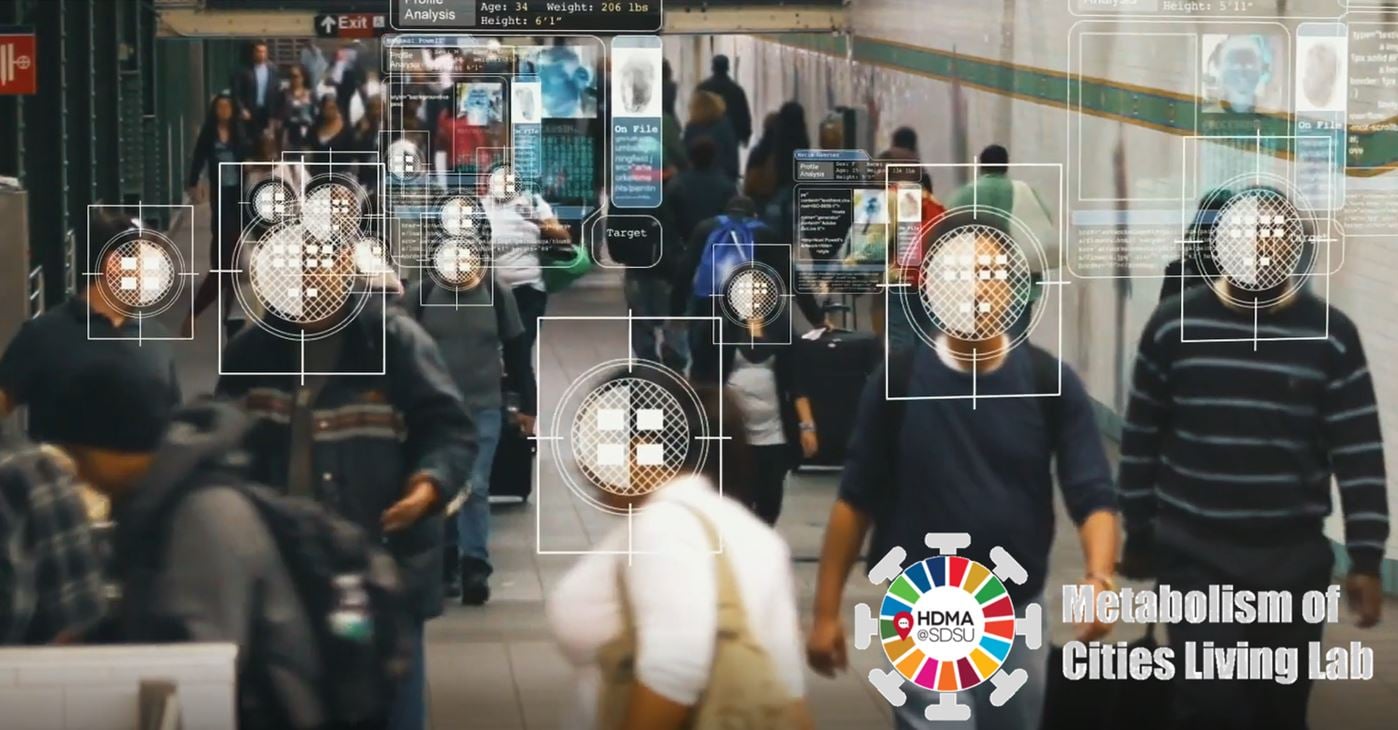
.png)
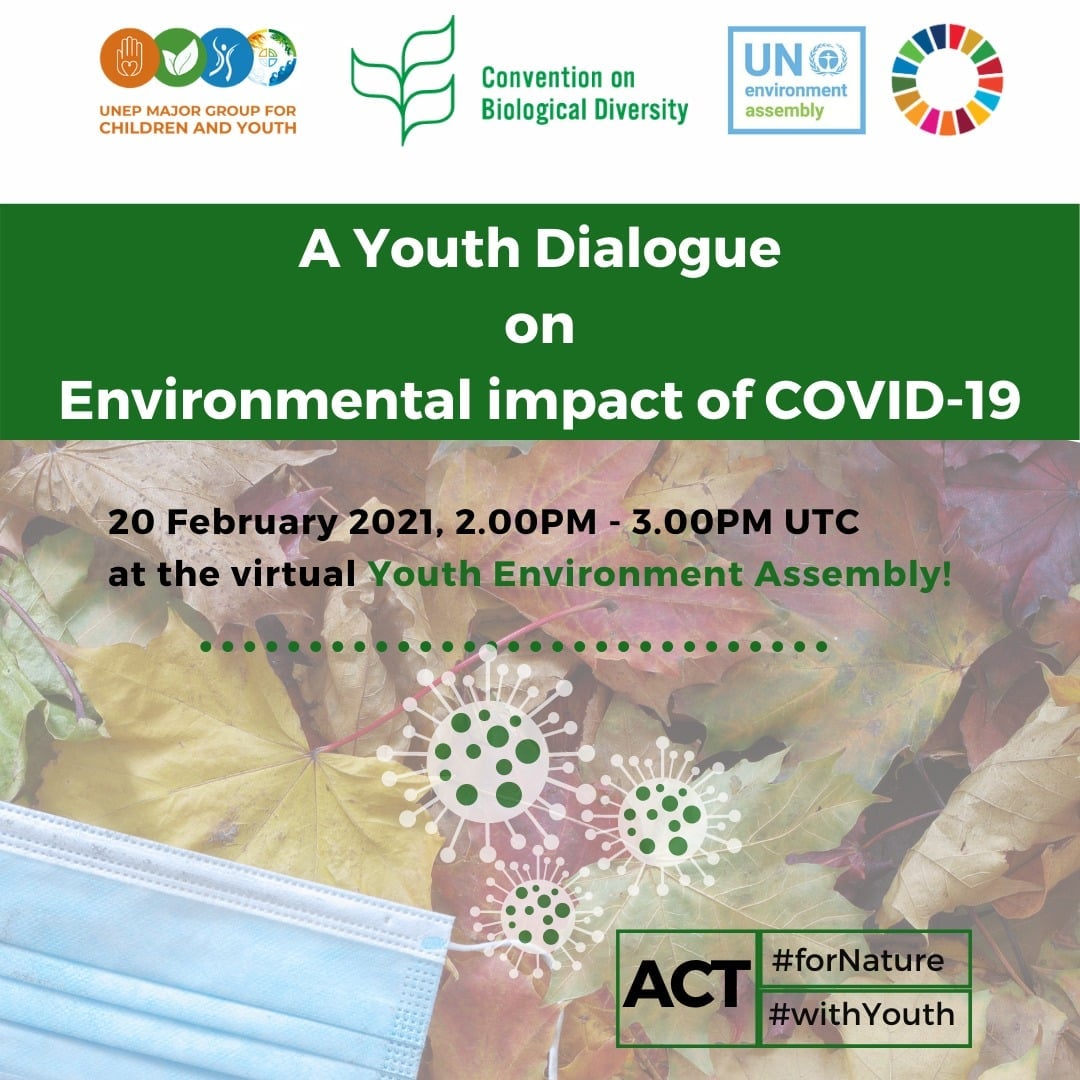
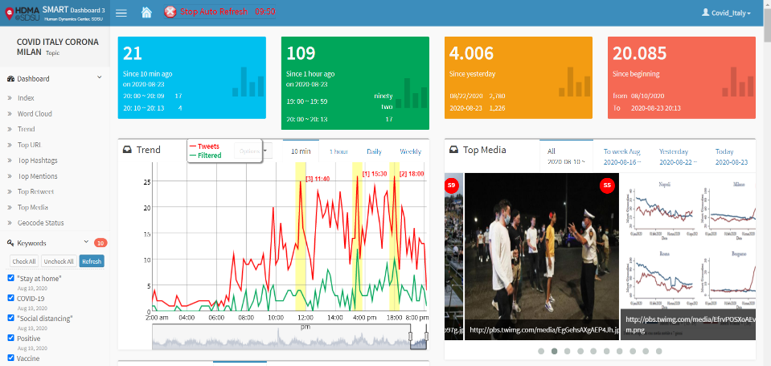
.png)
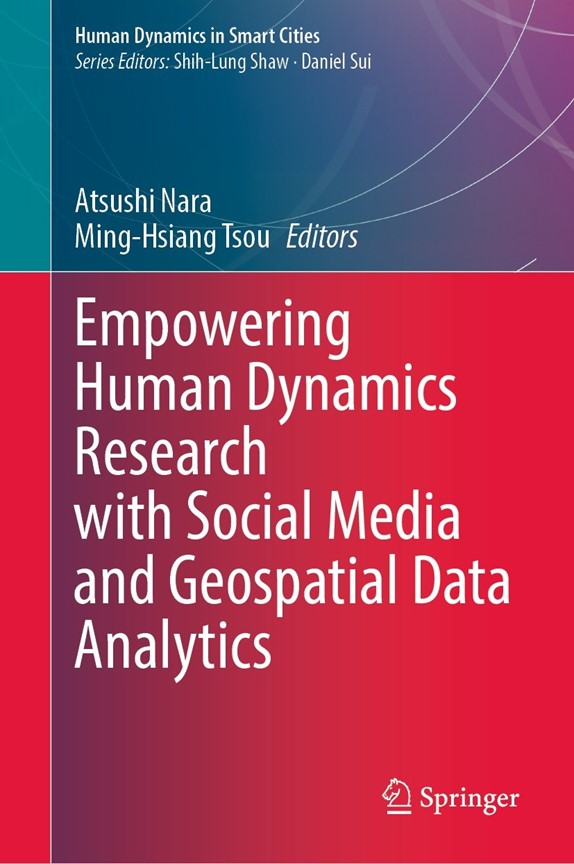
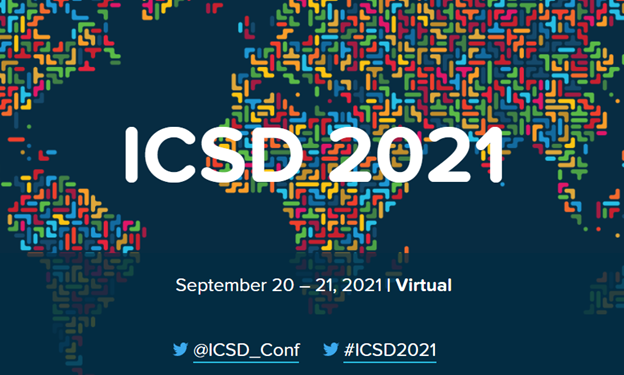

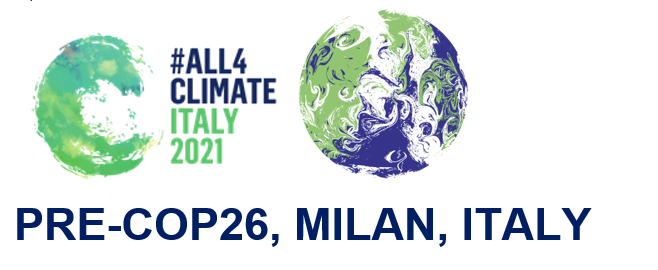
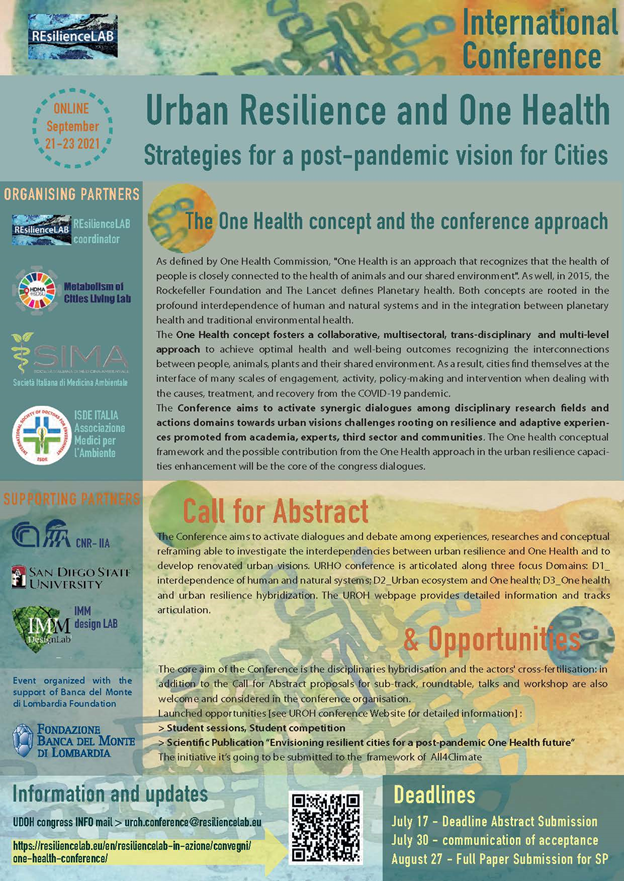
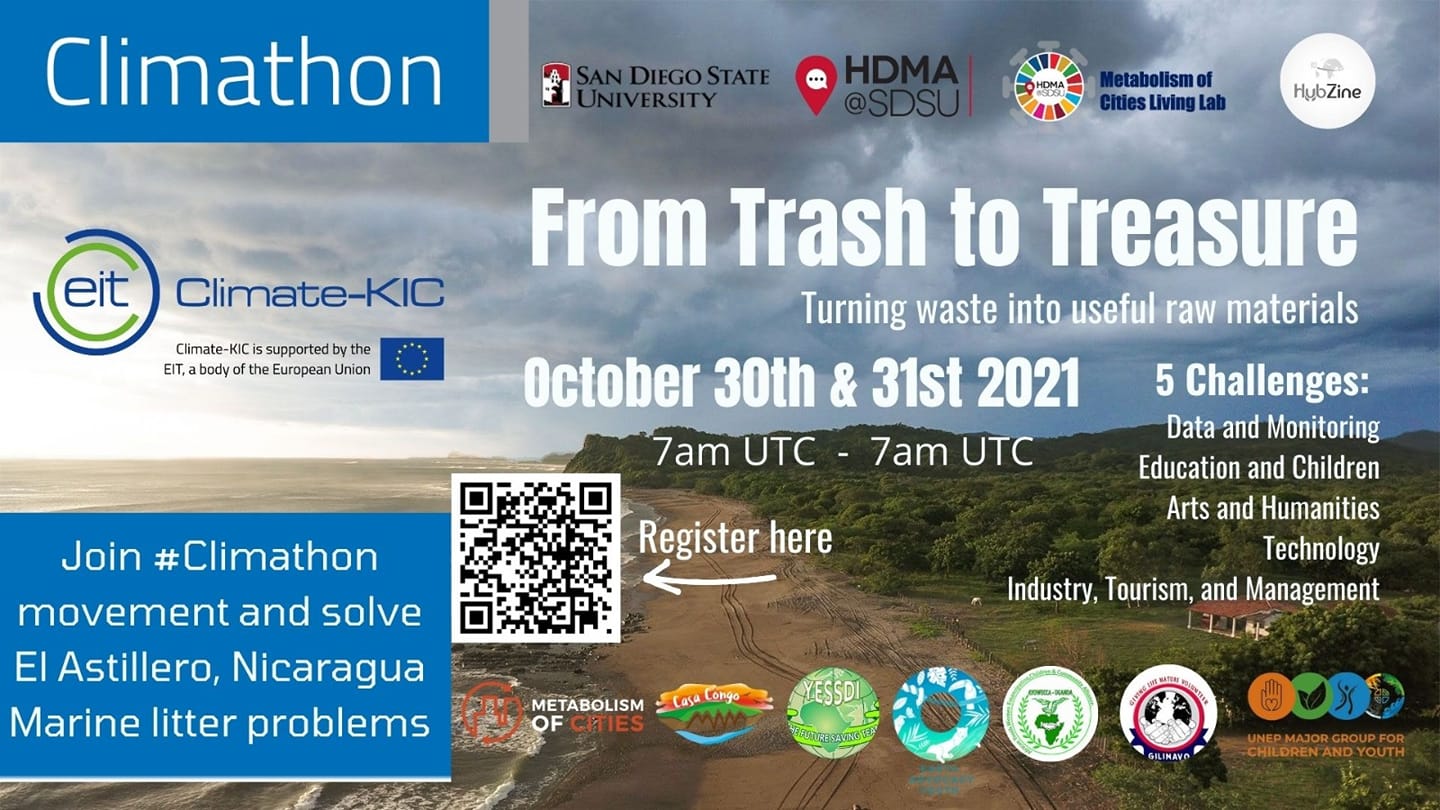

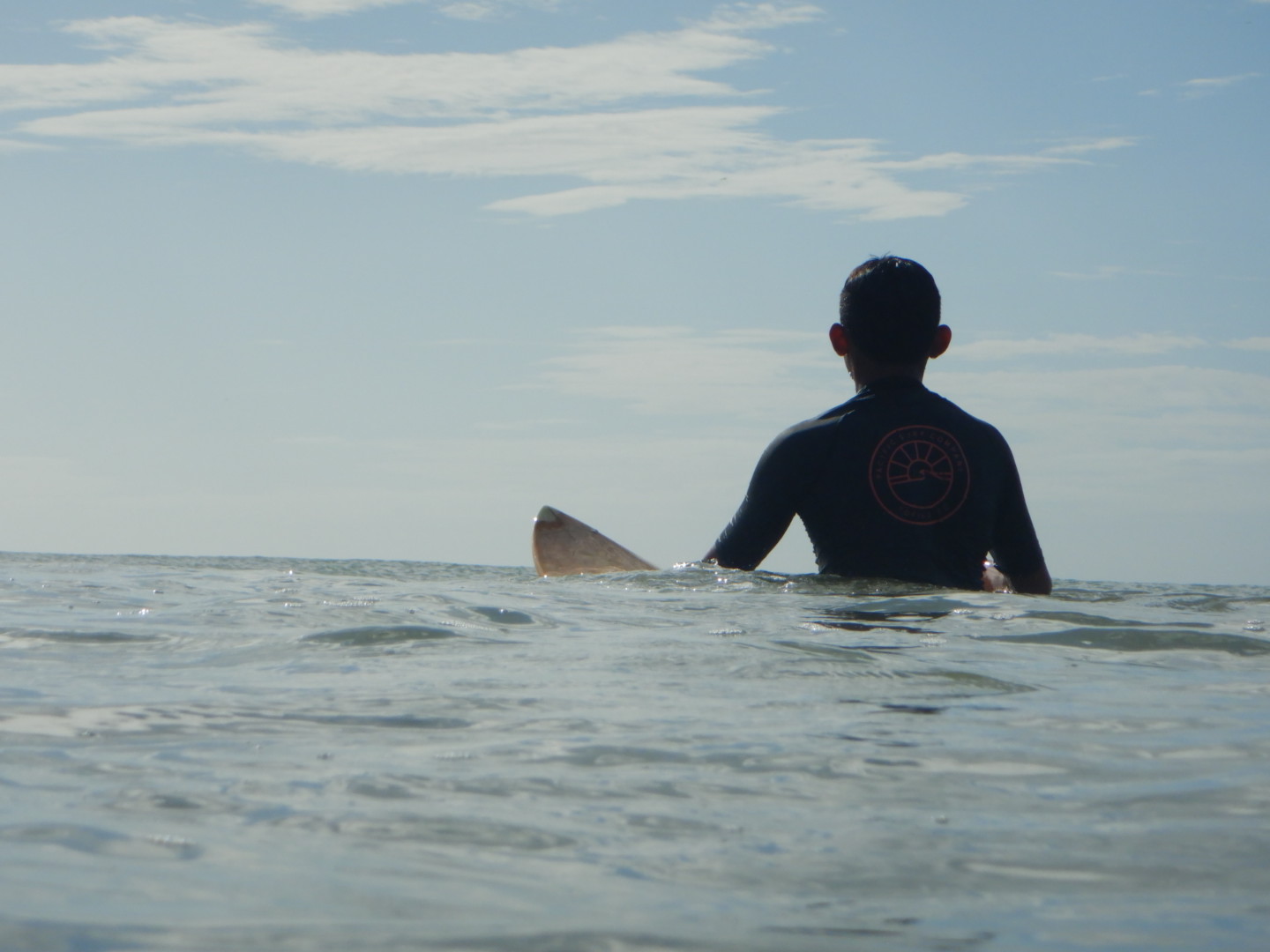
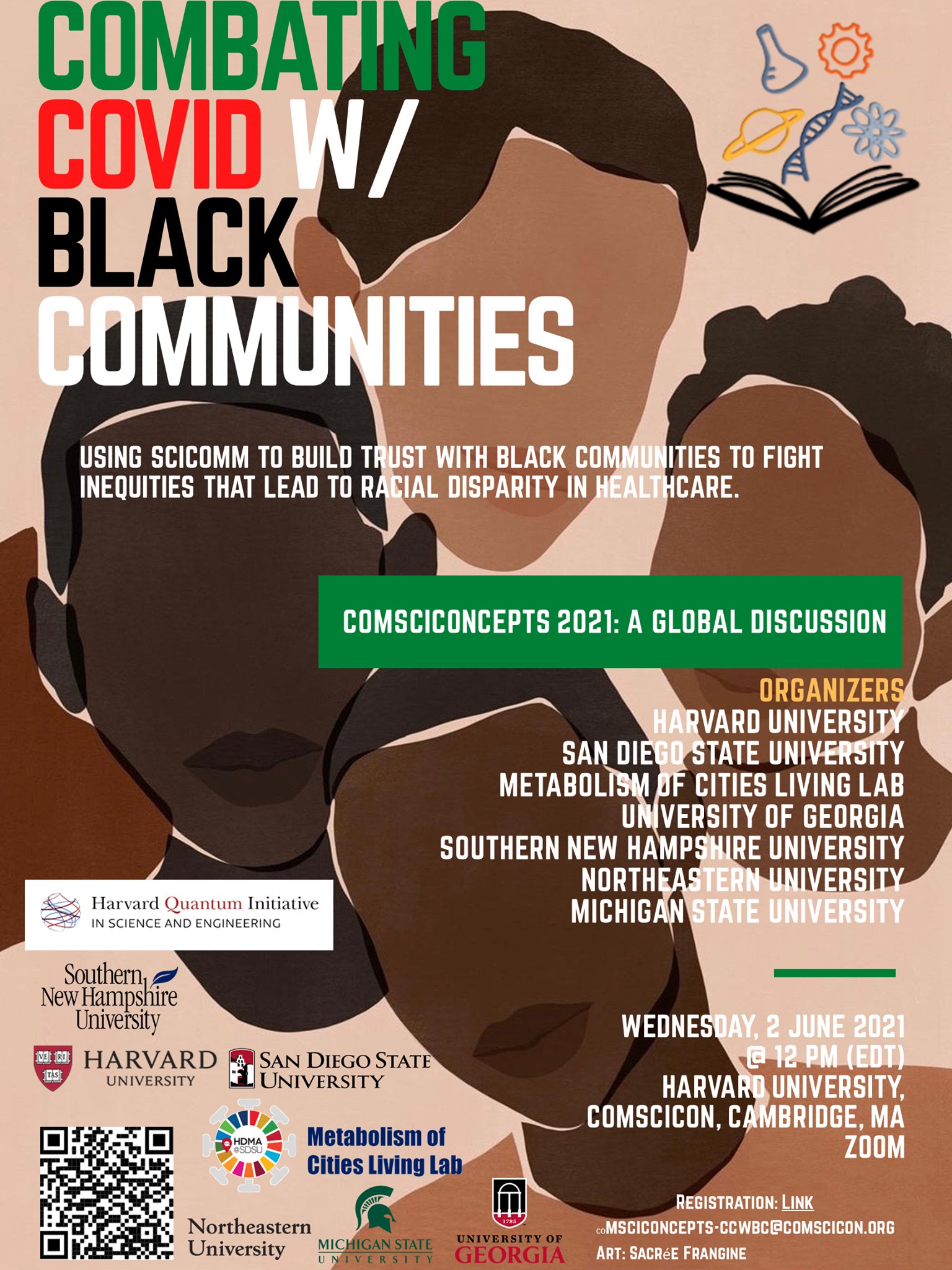
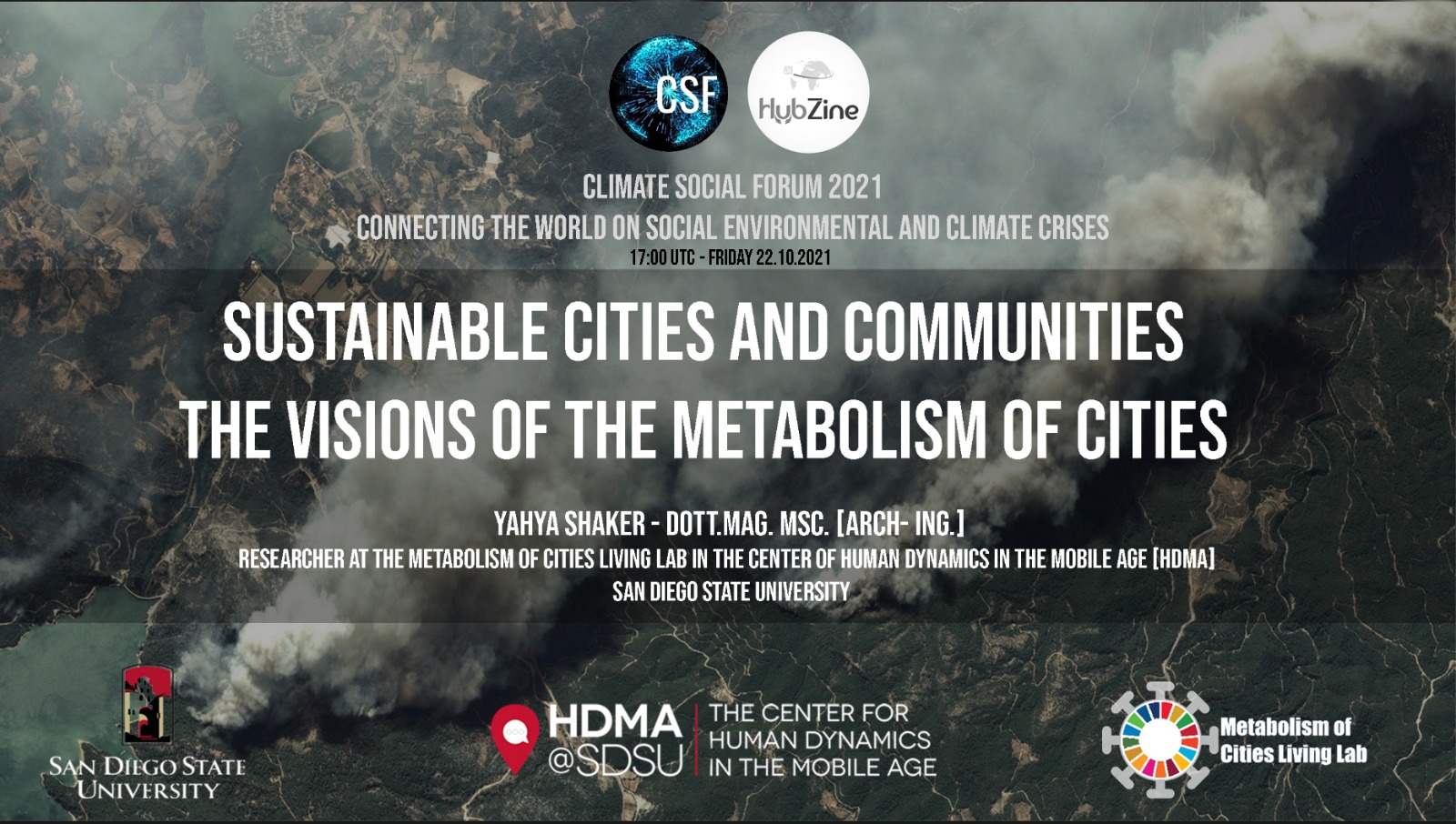
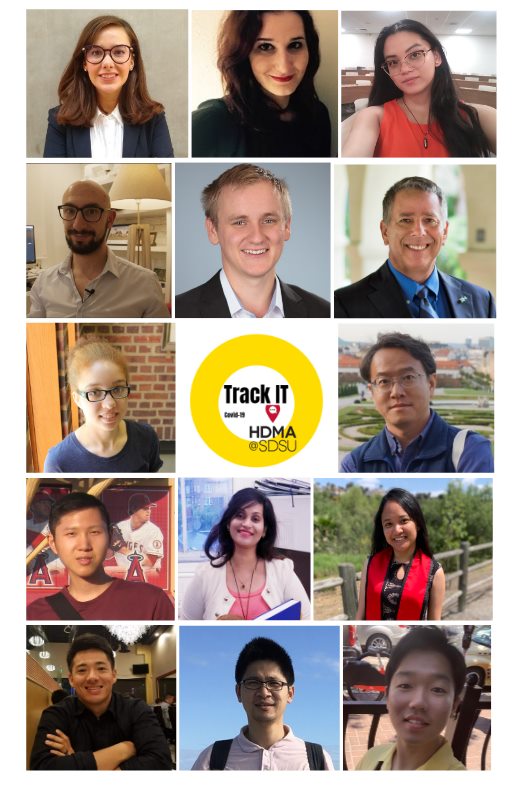

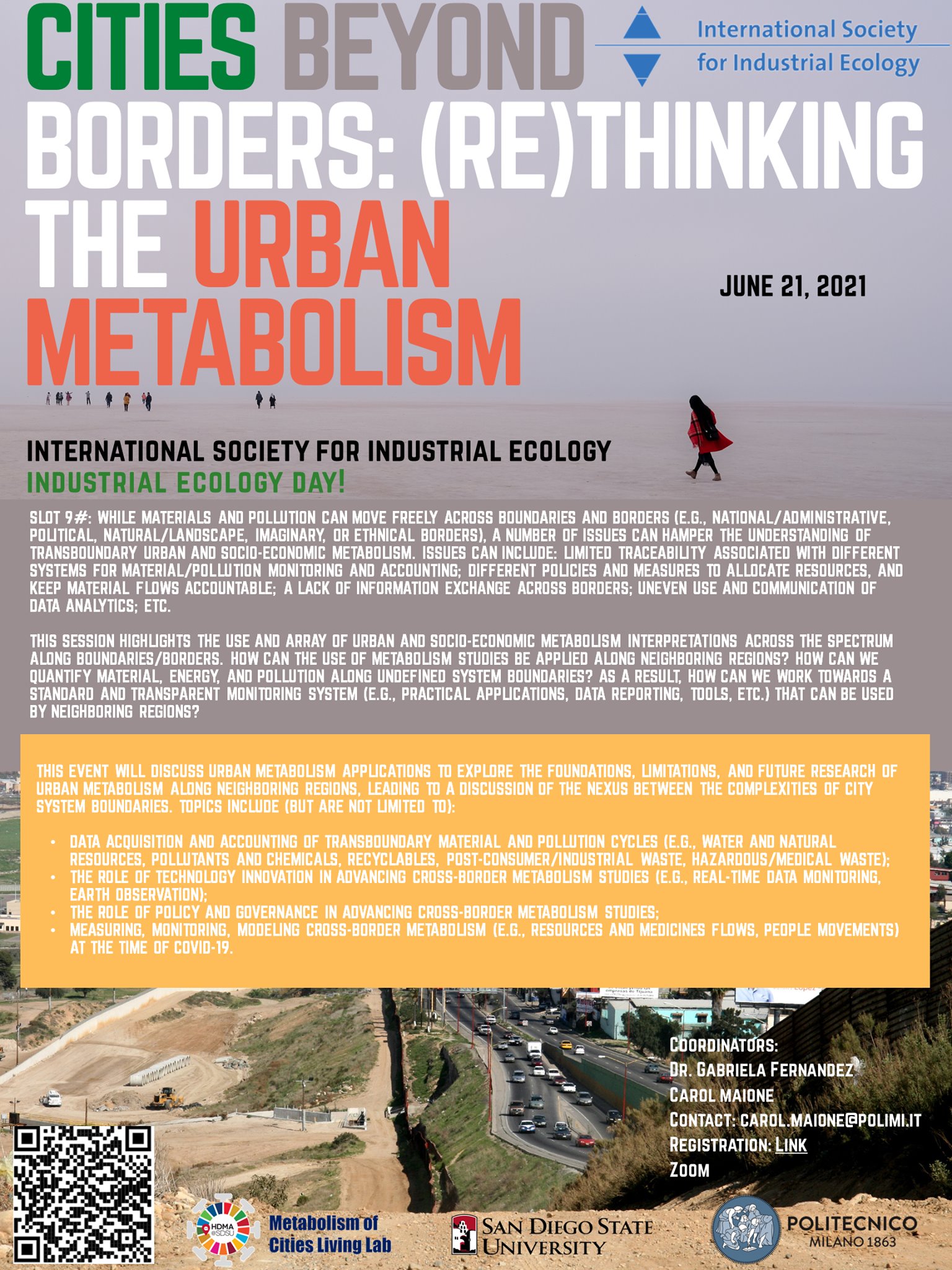

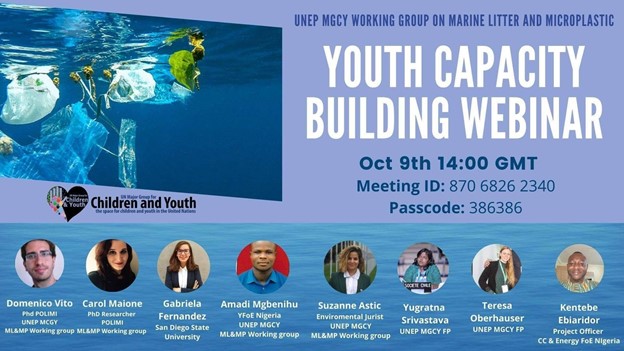
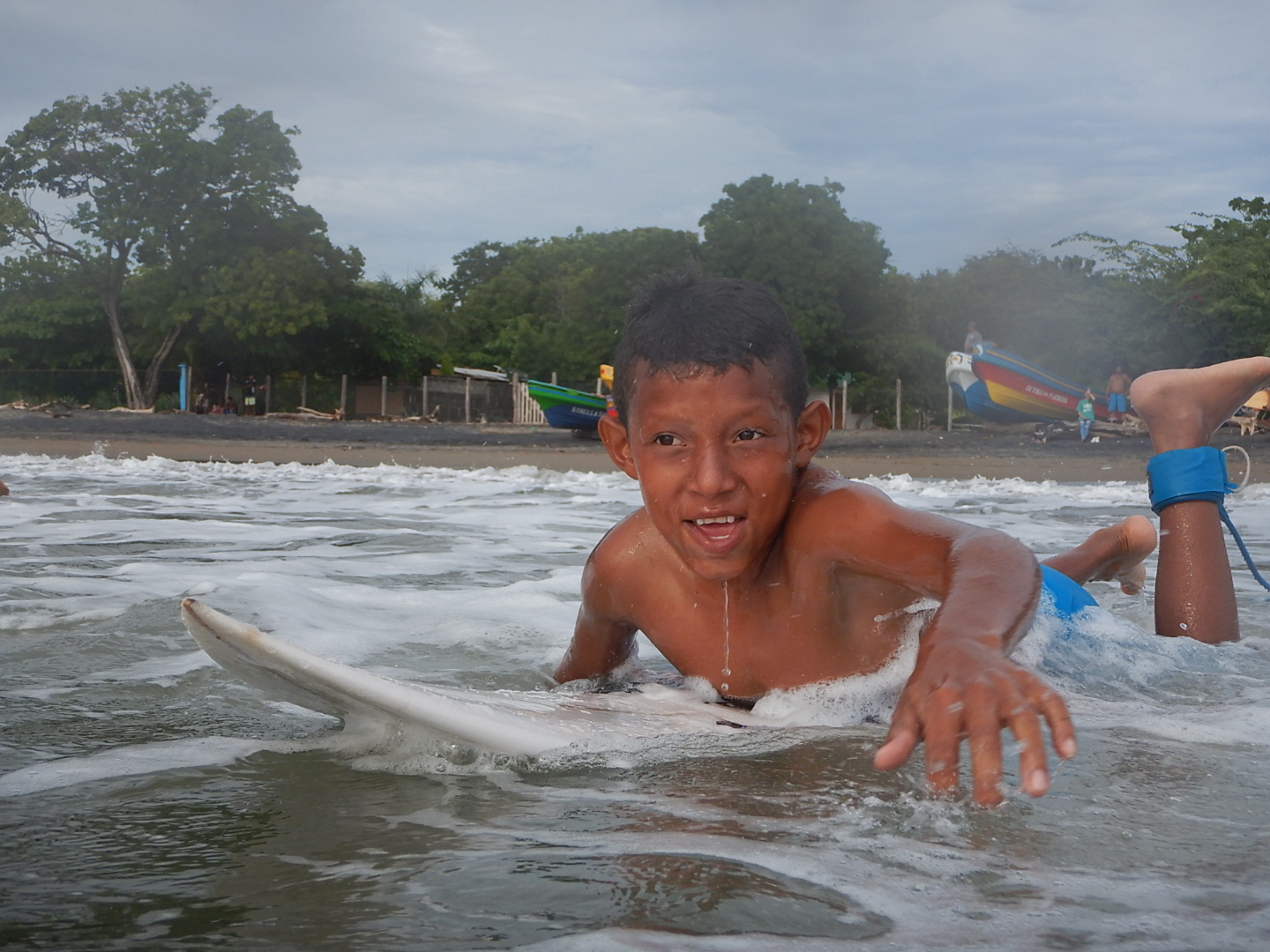
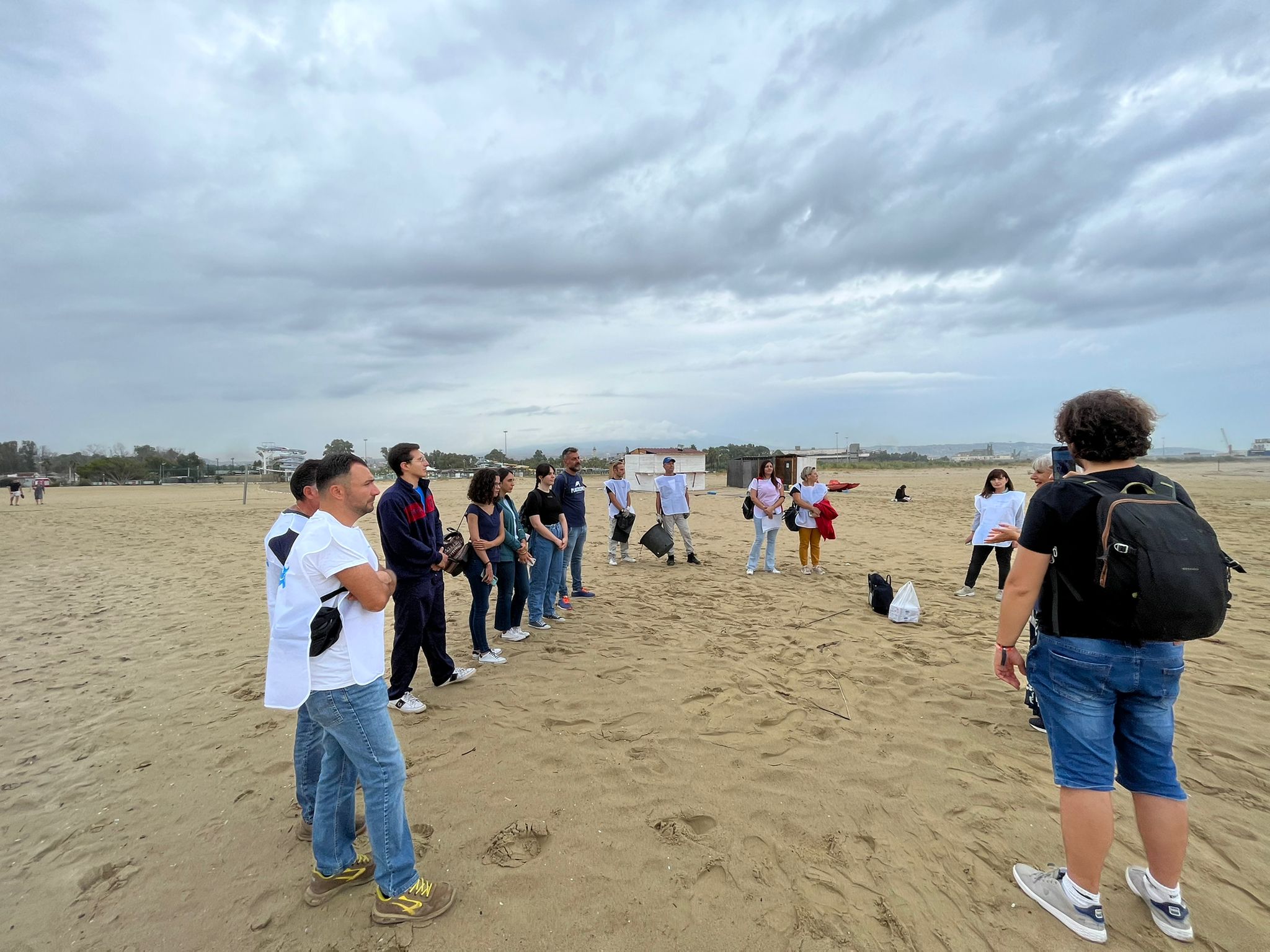
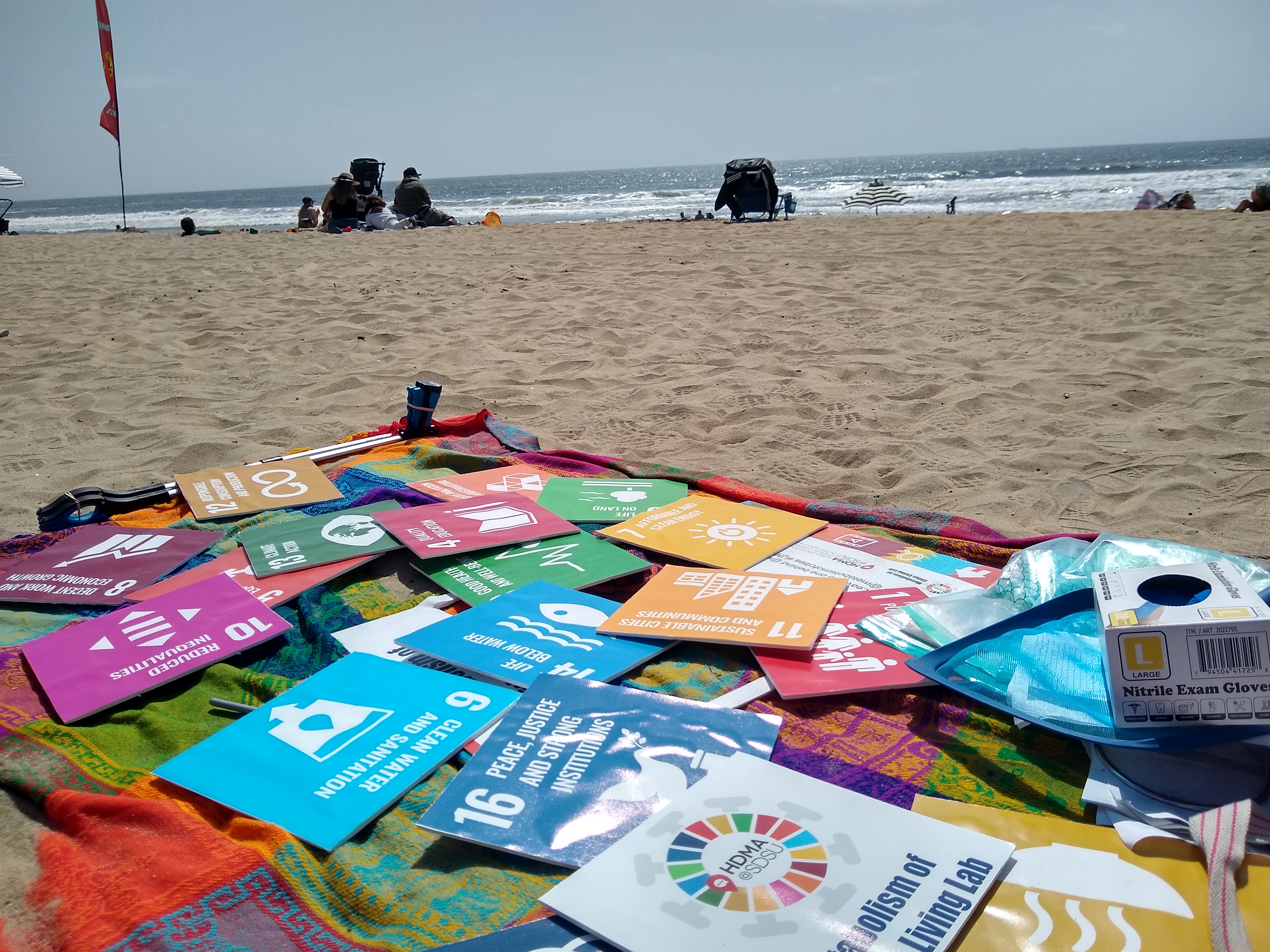
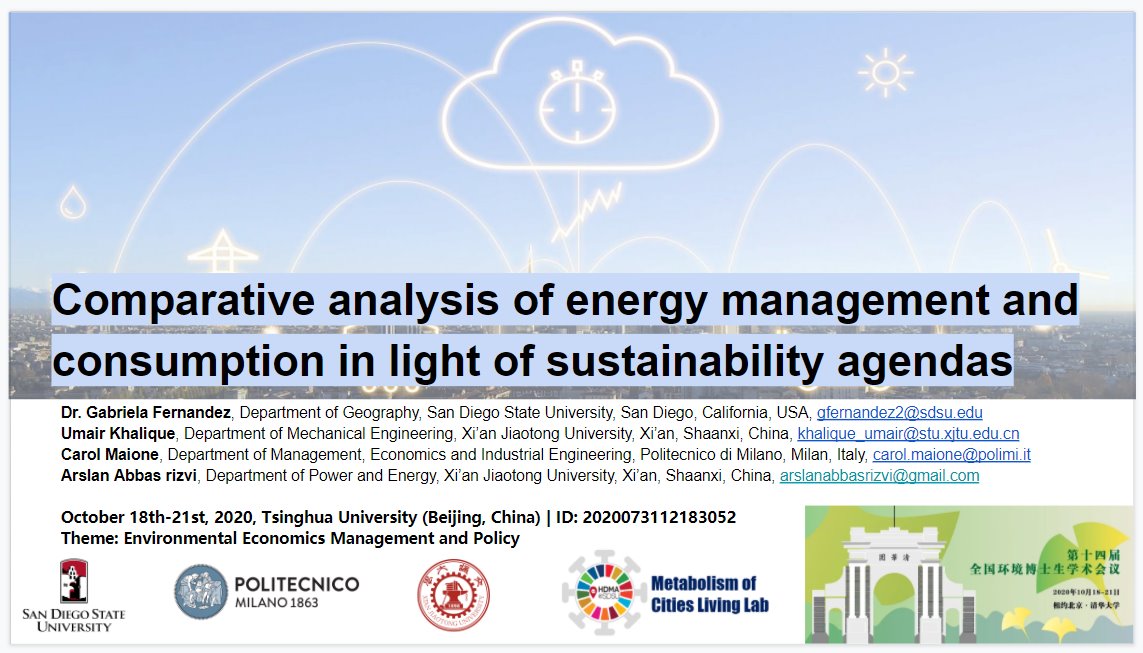



.jpg)

